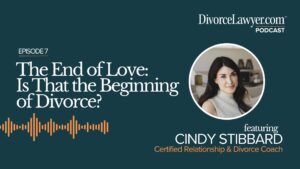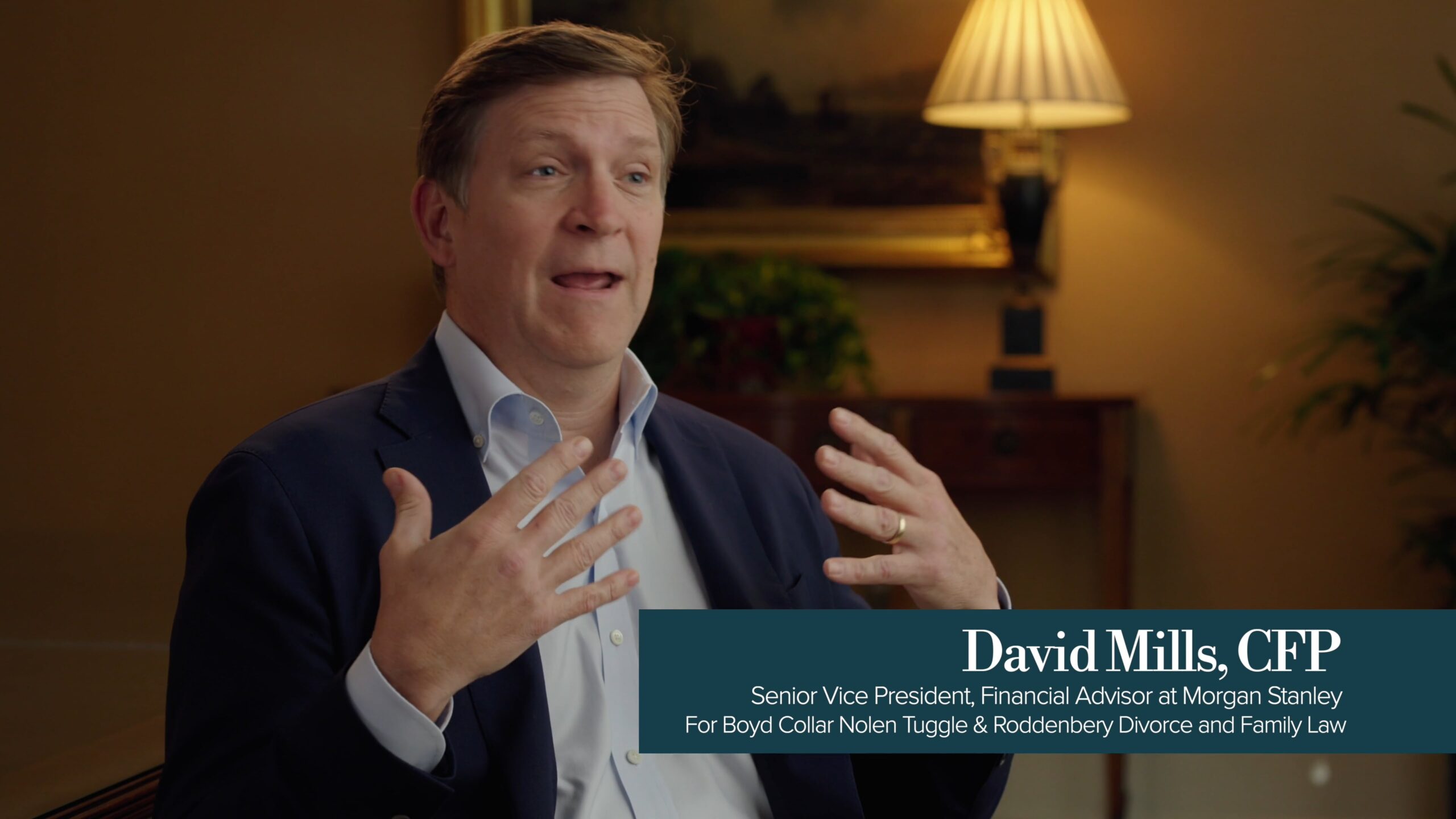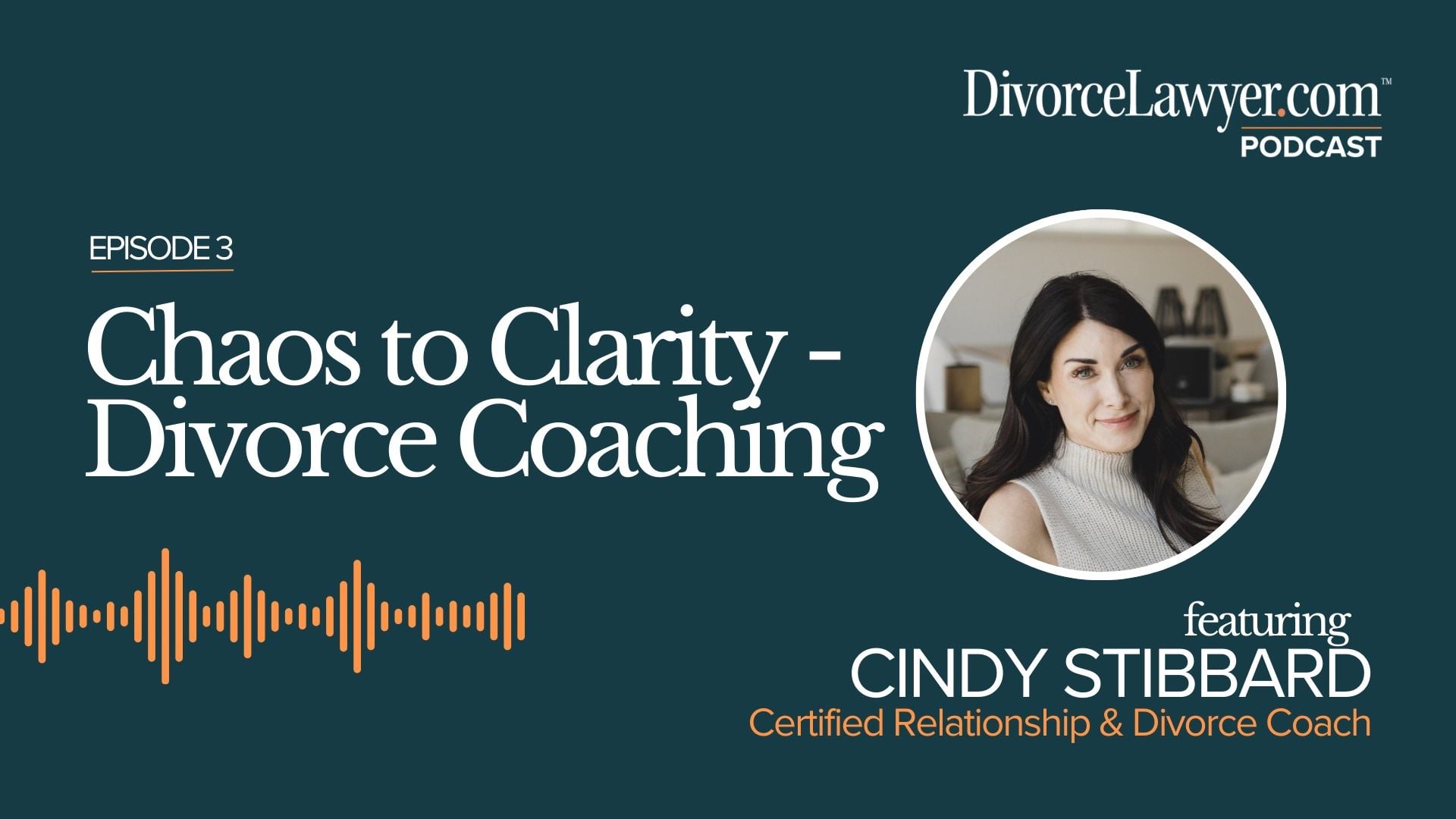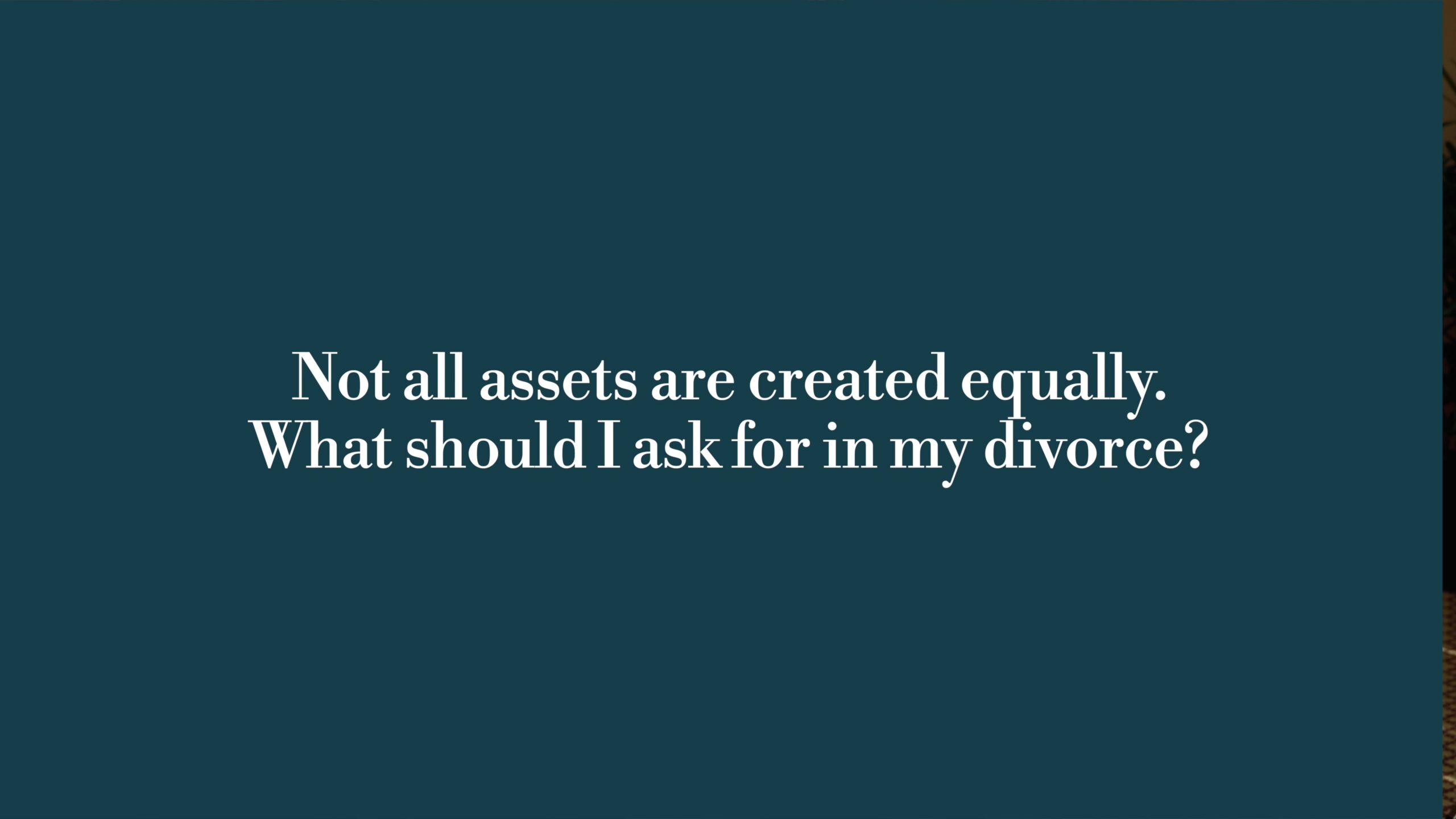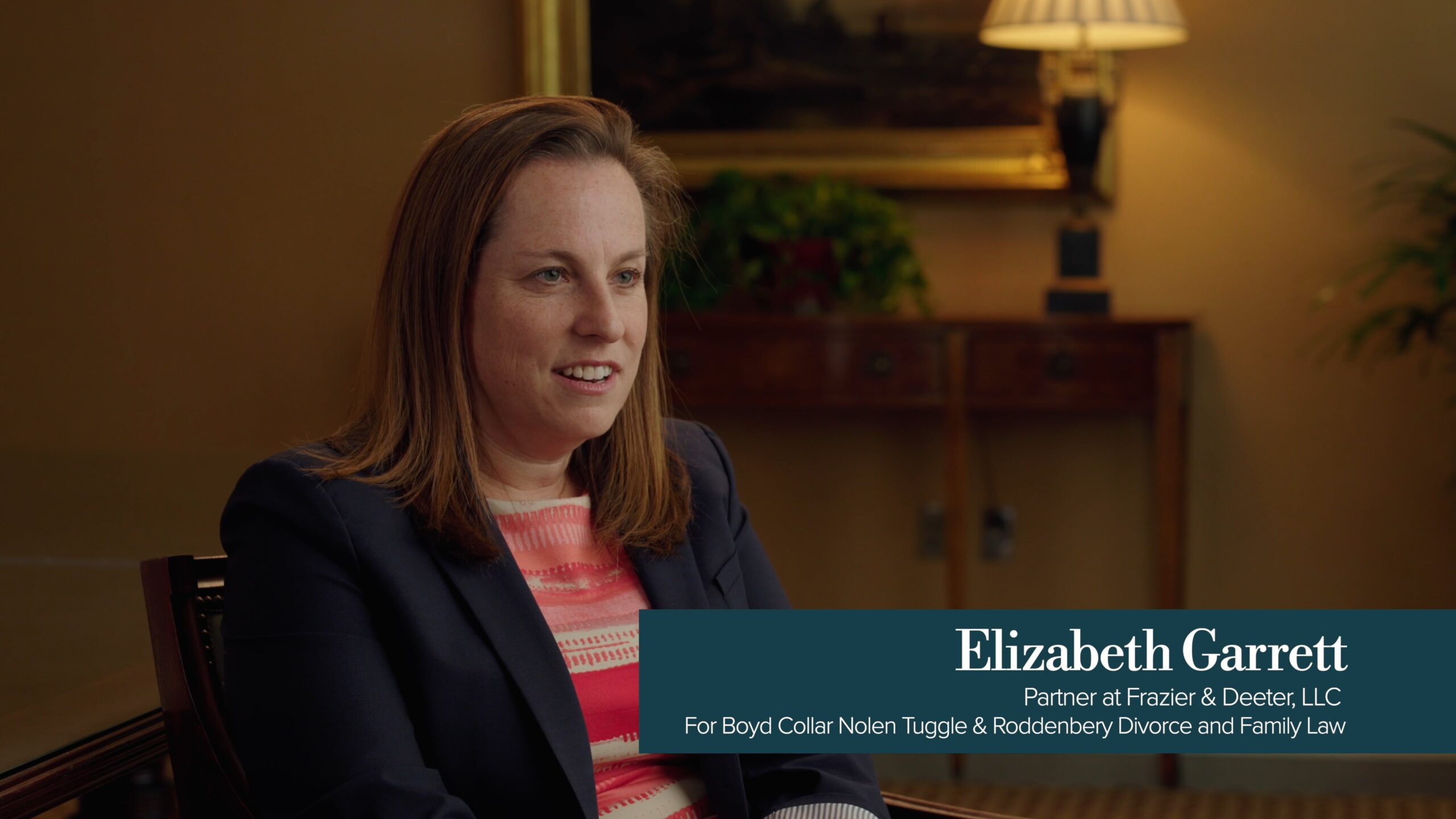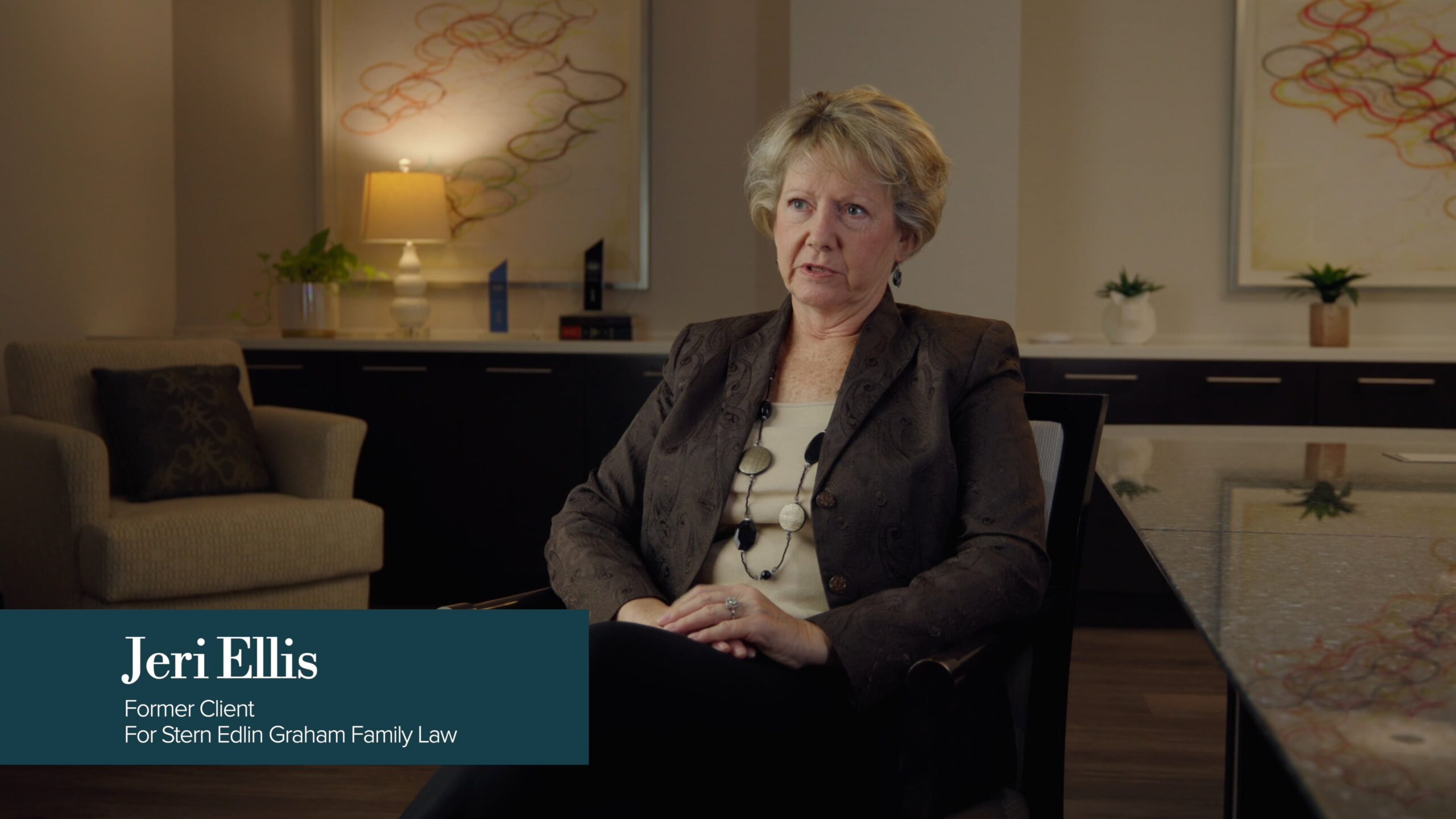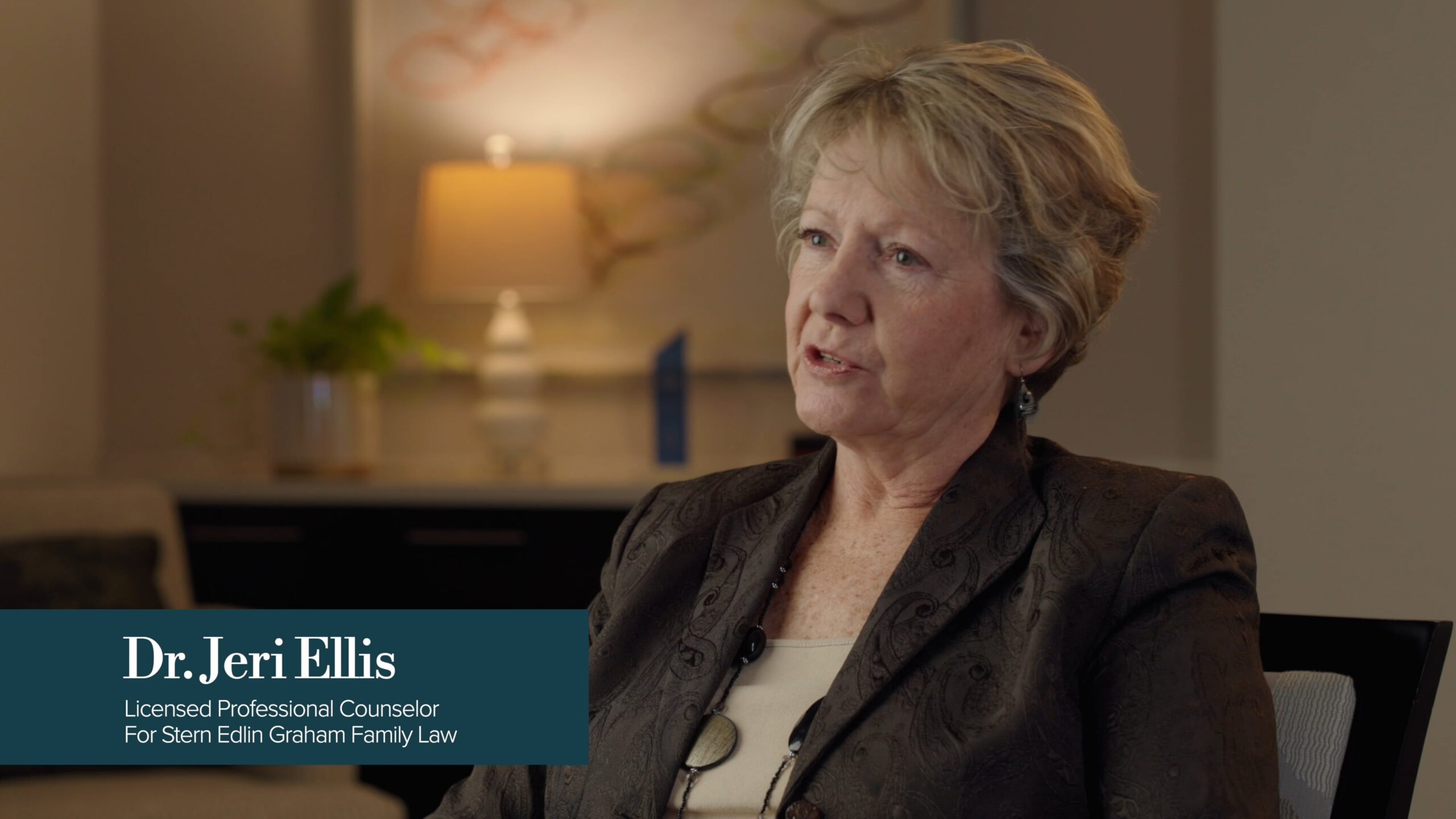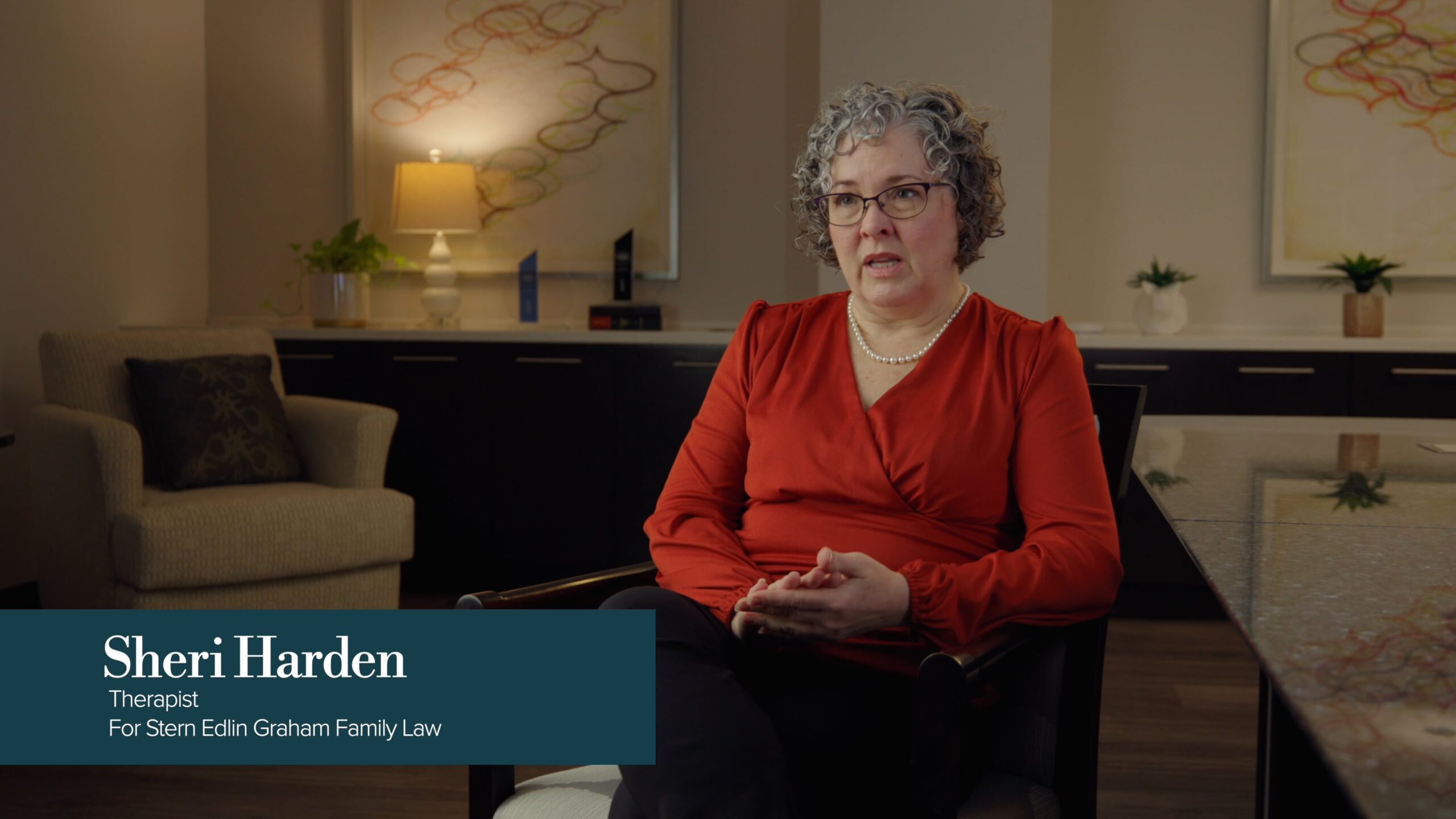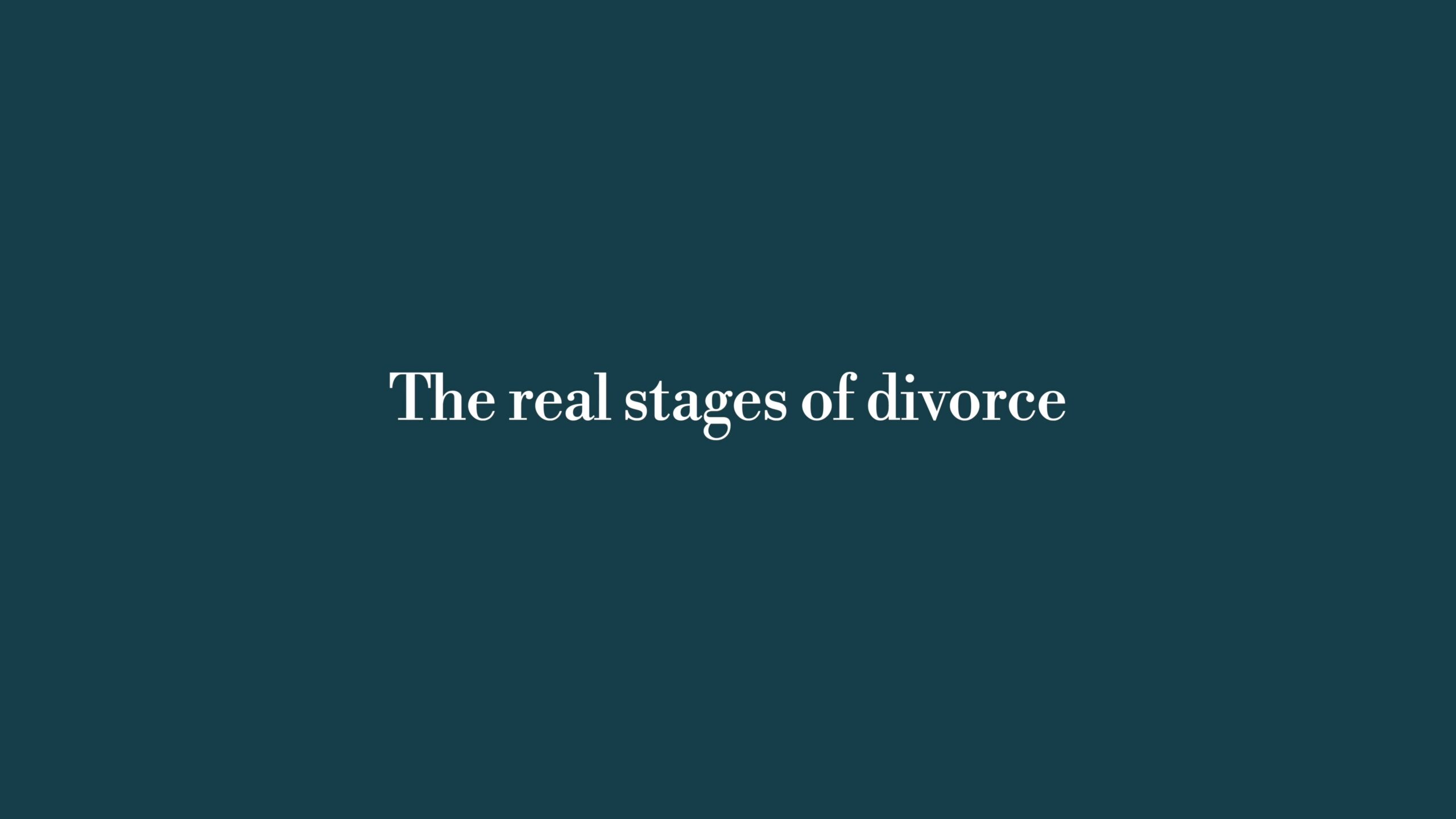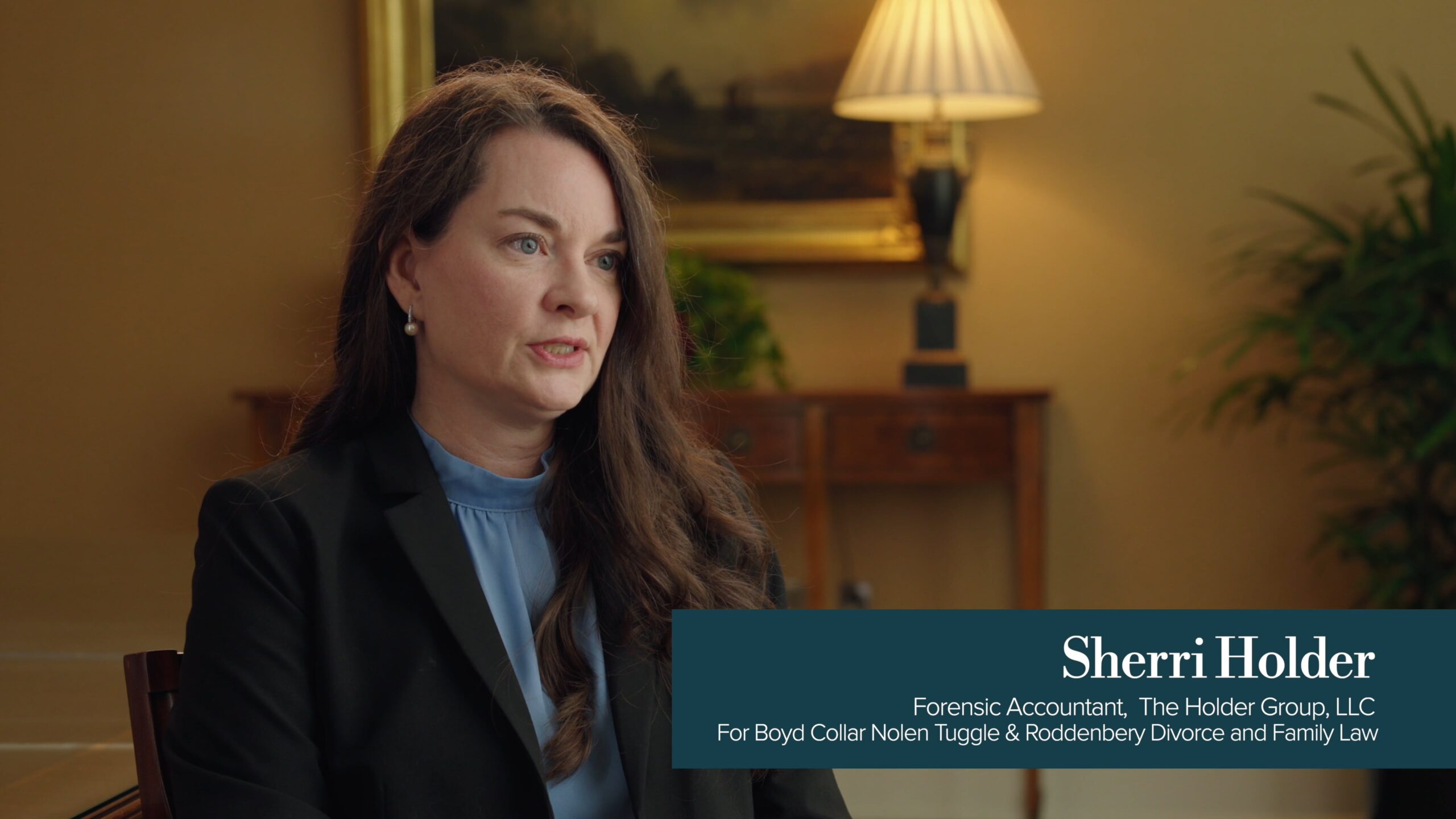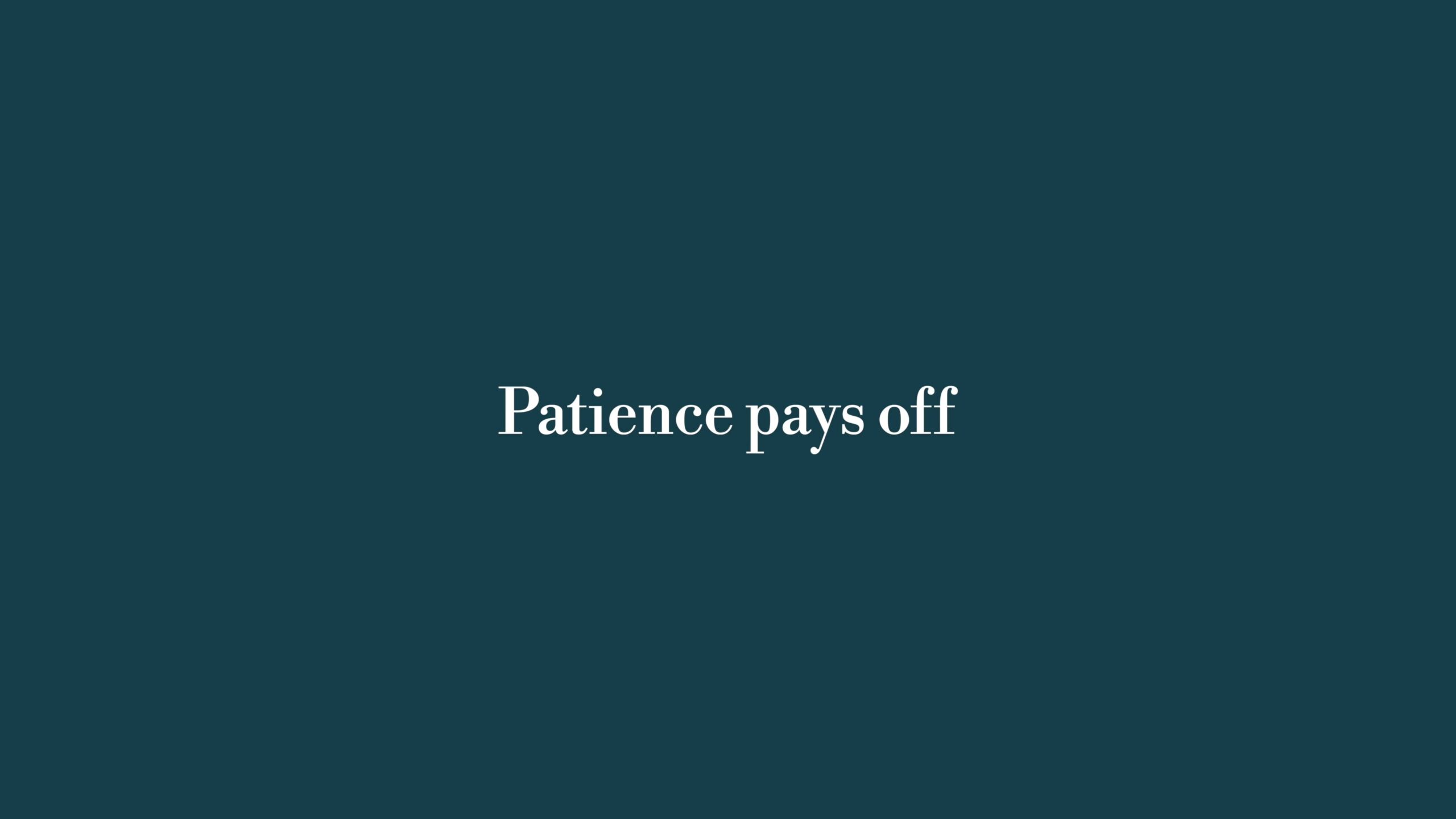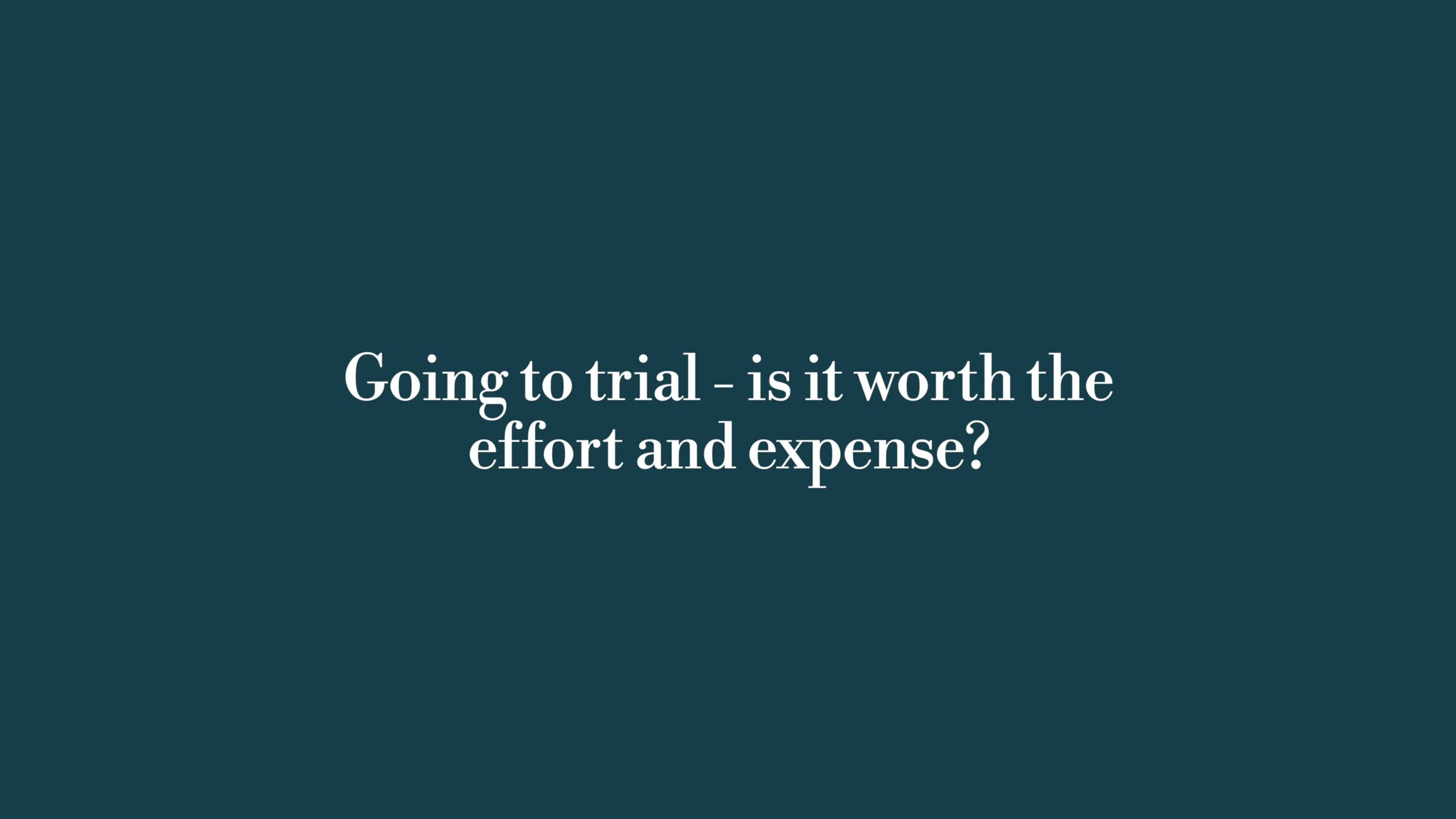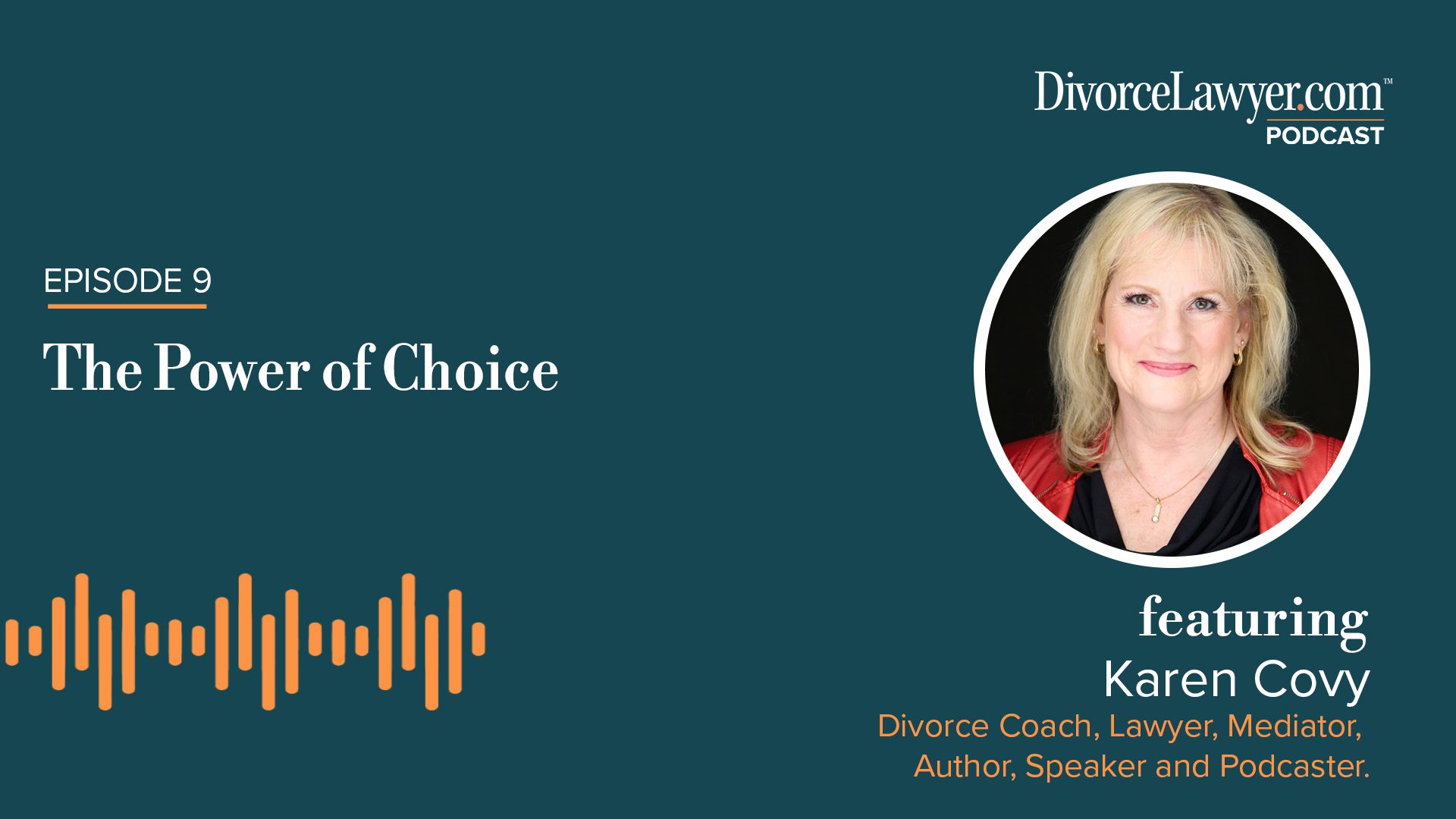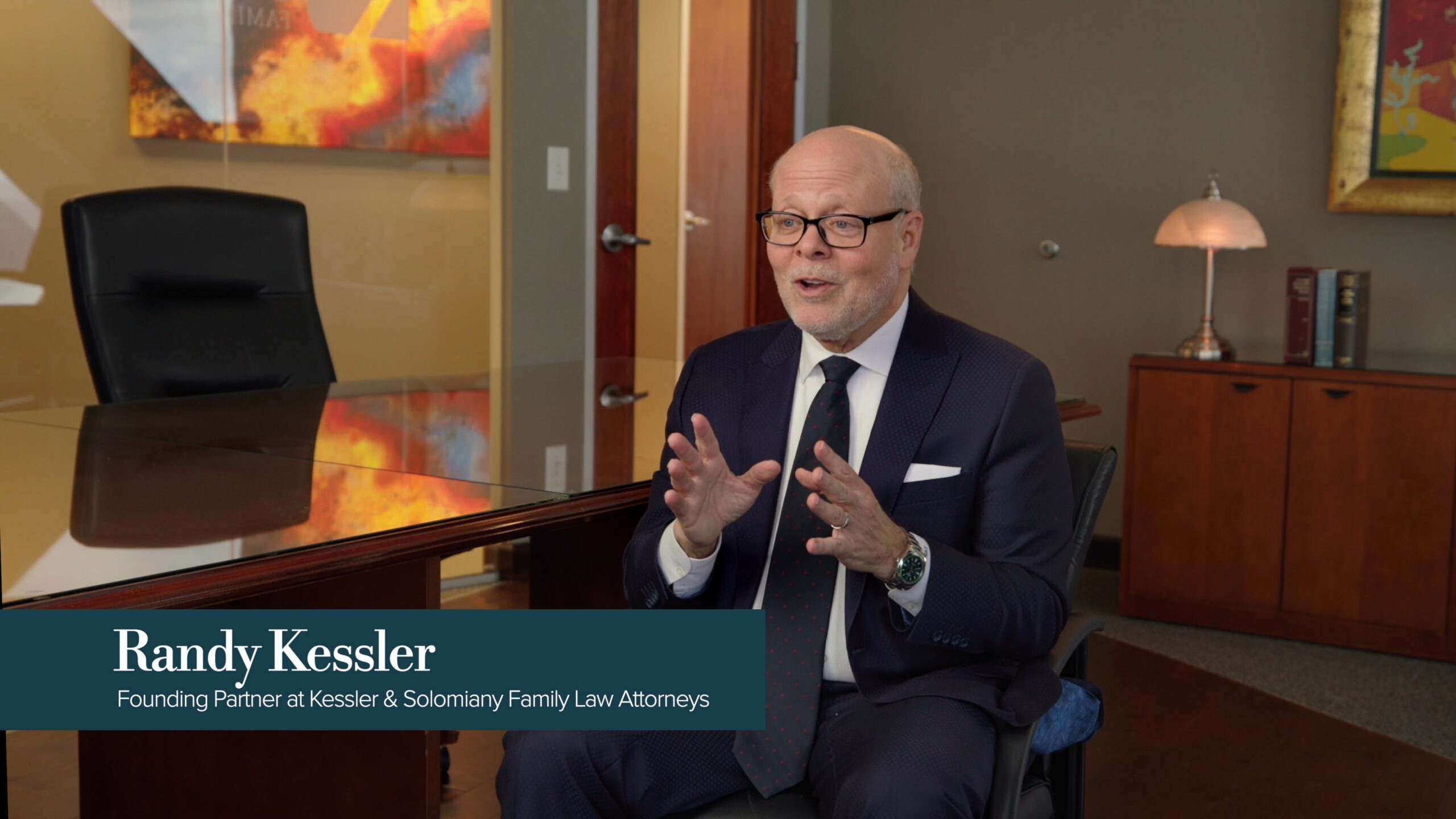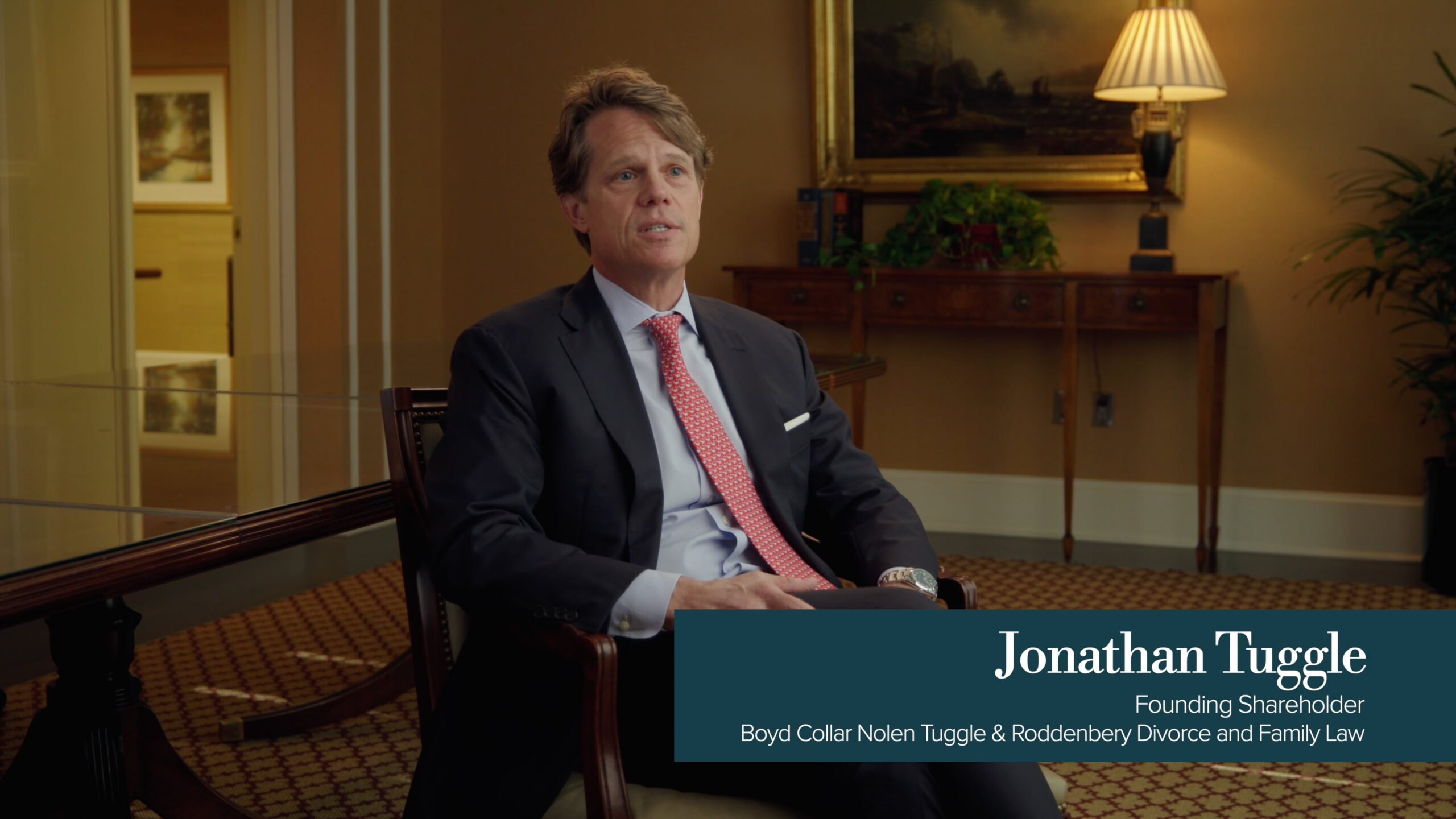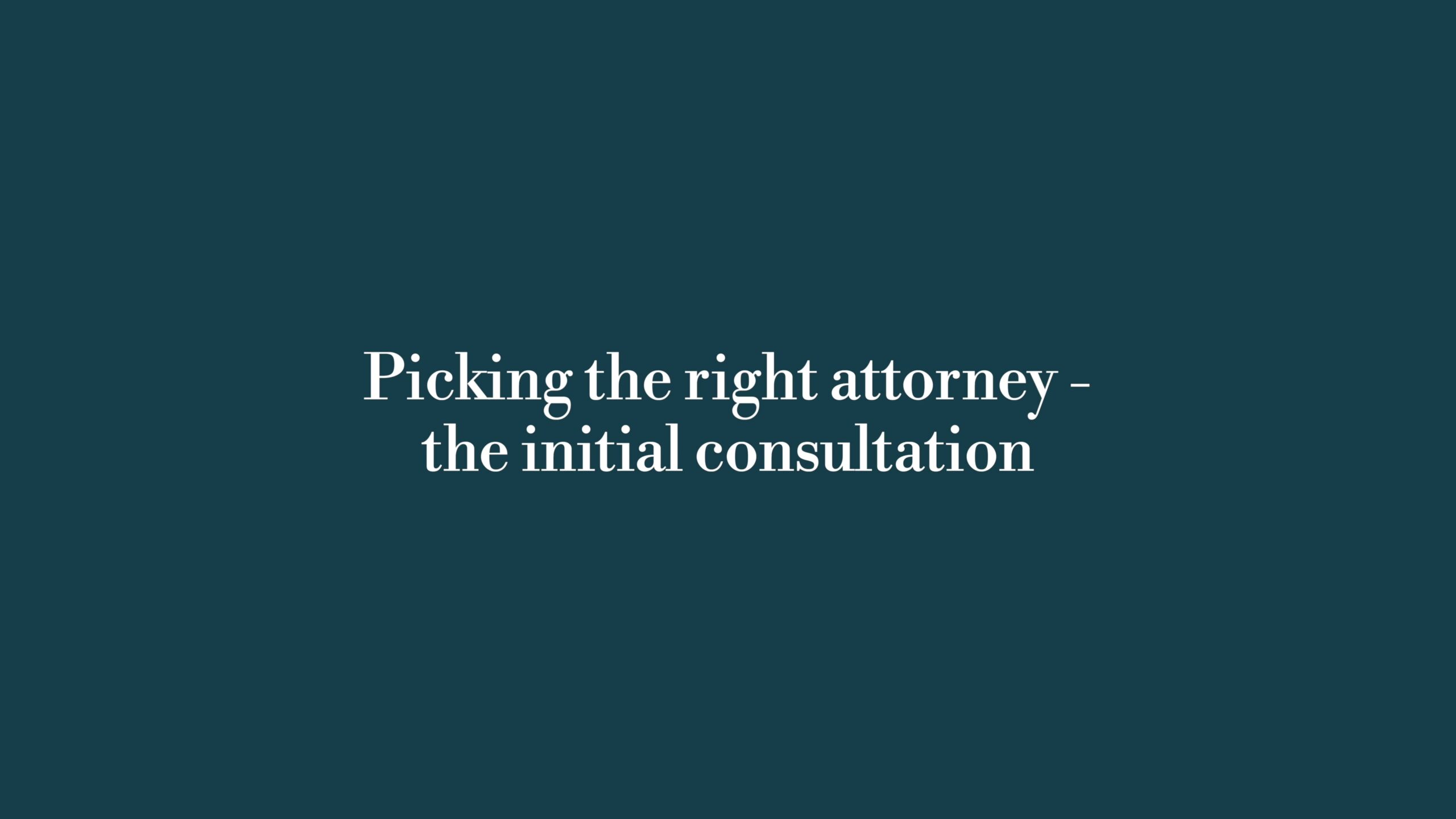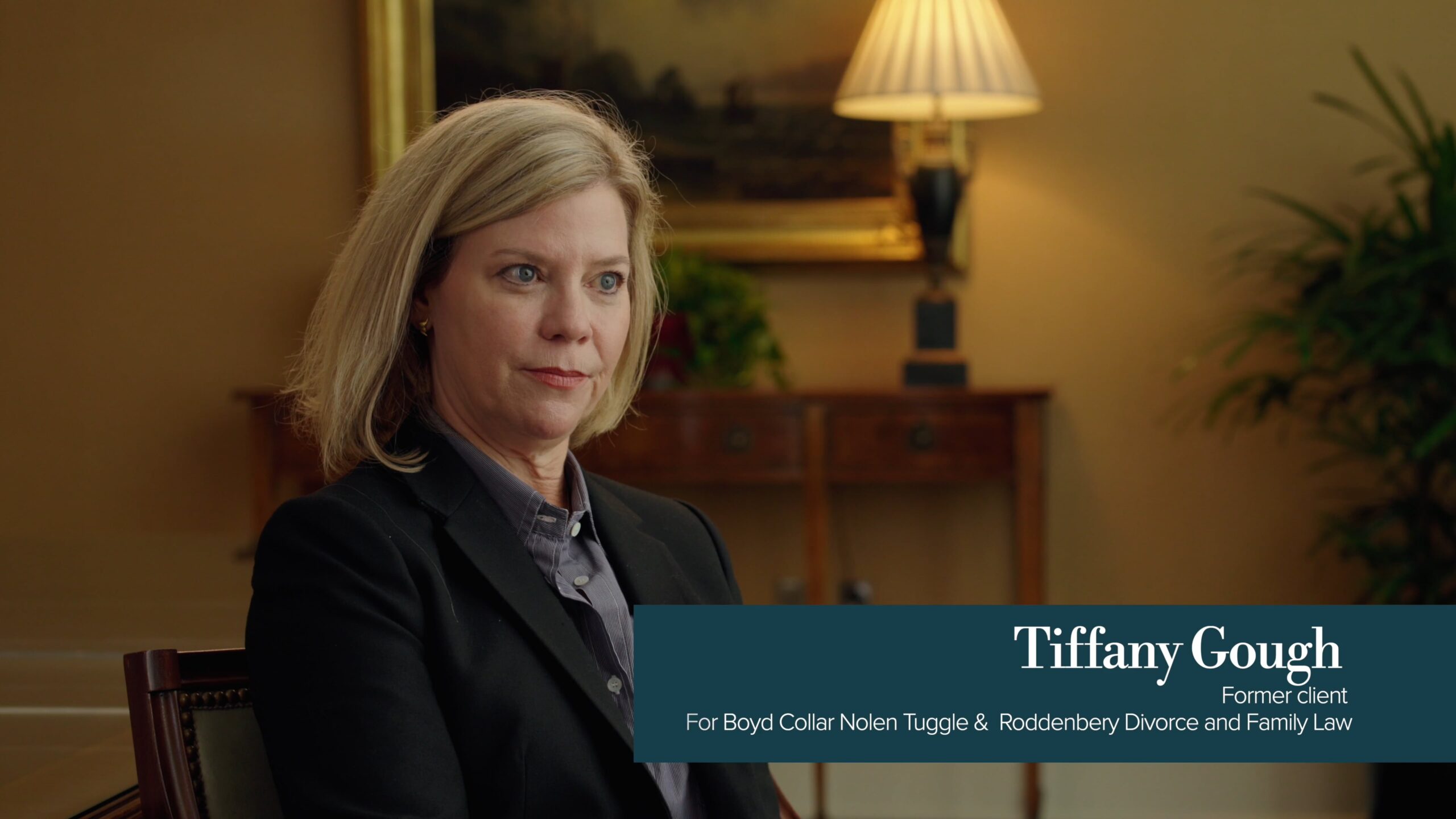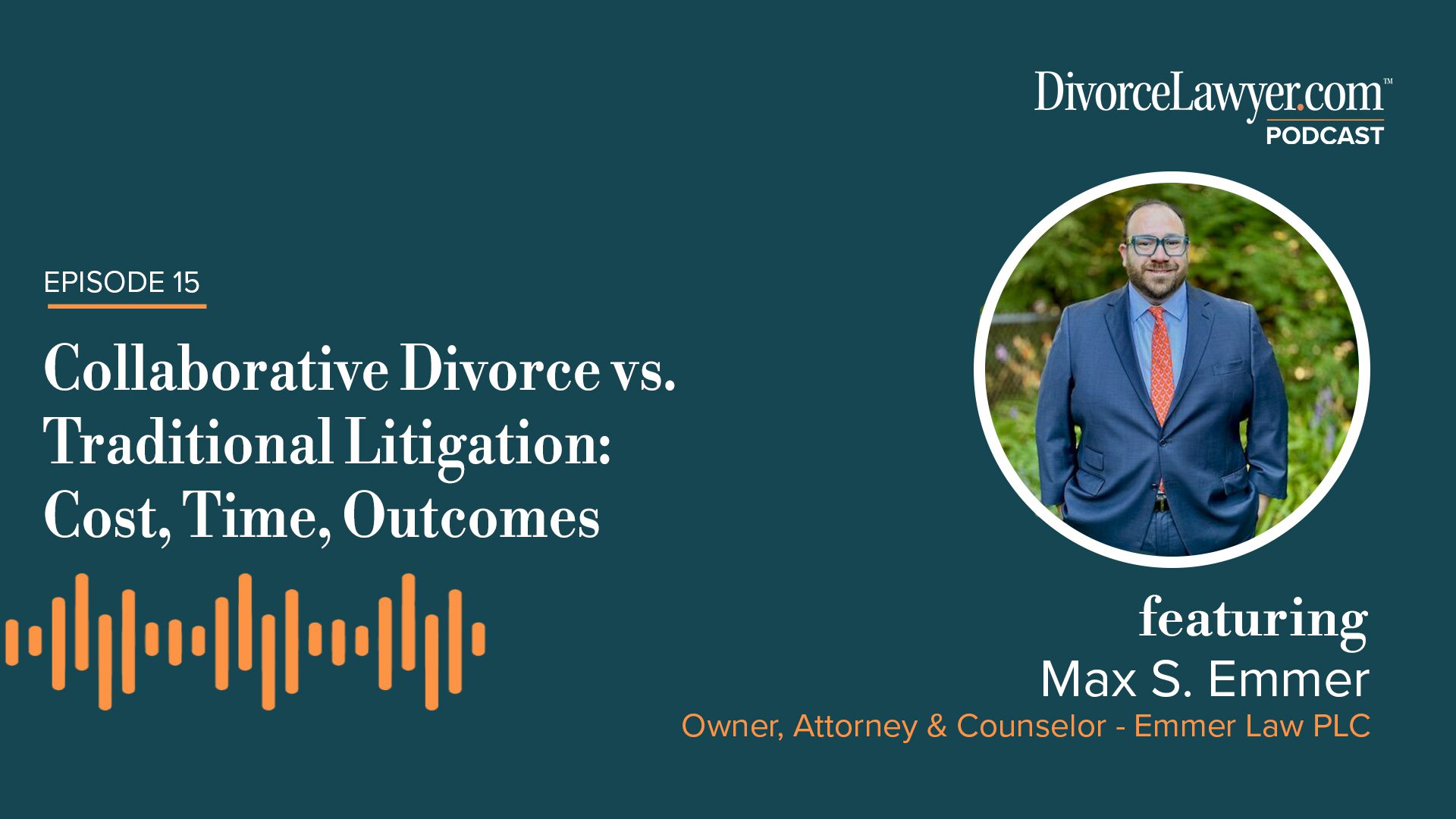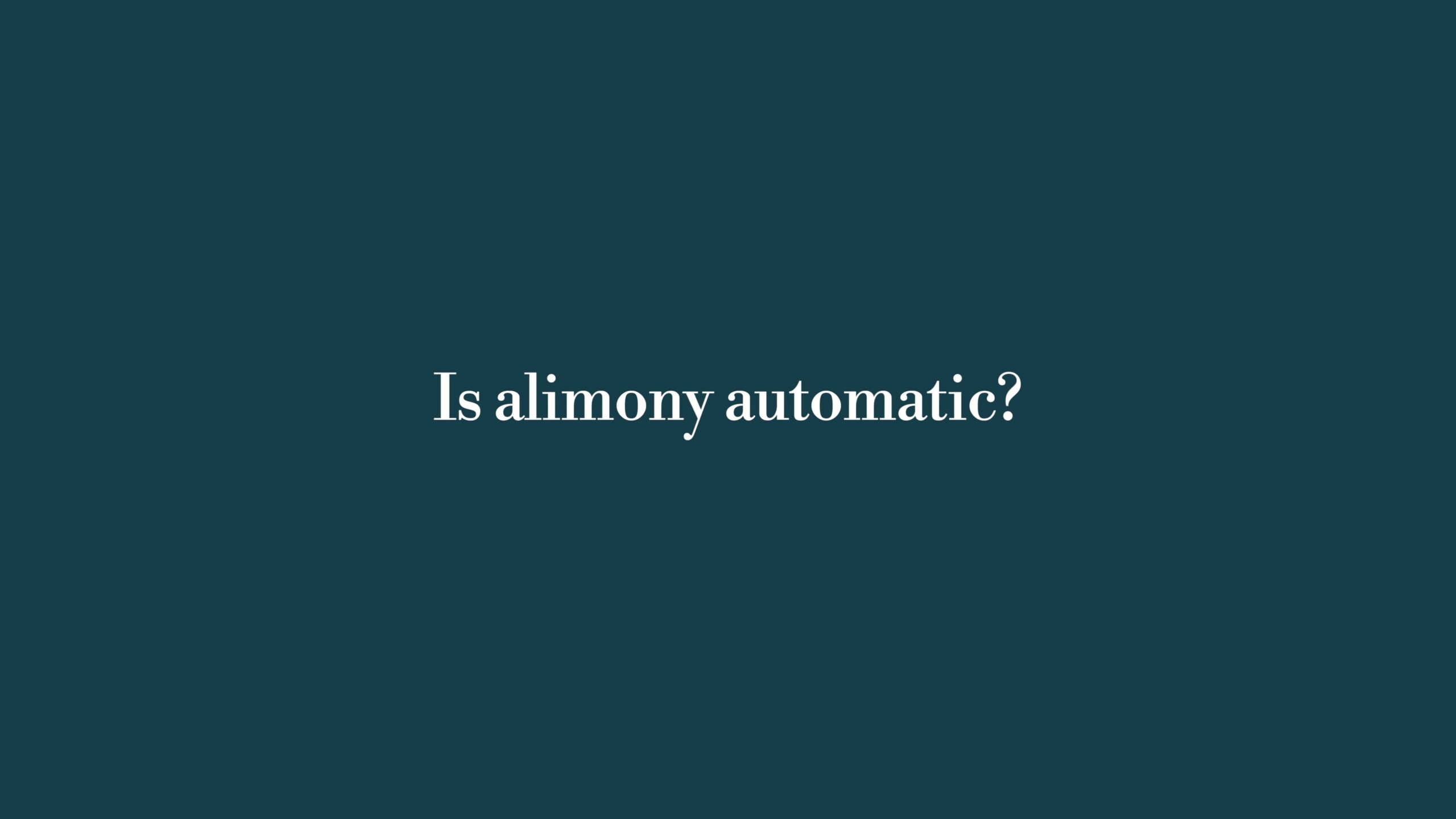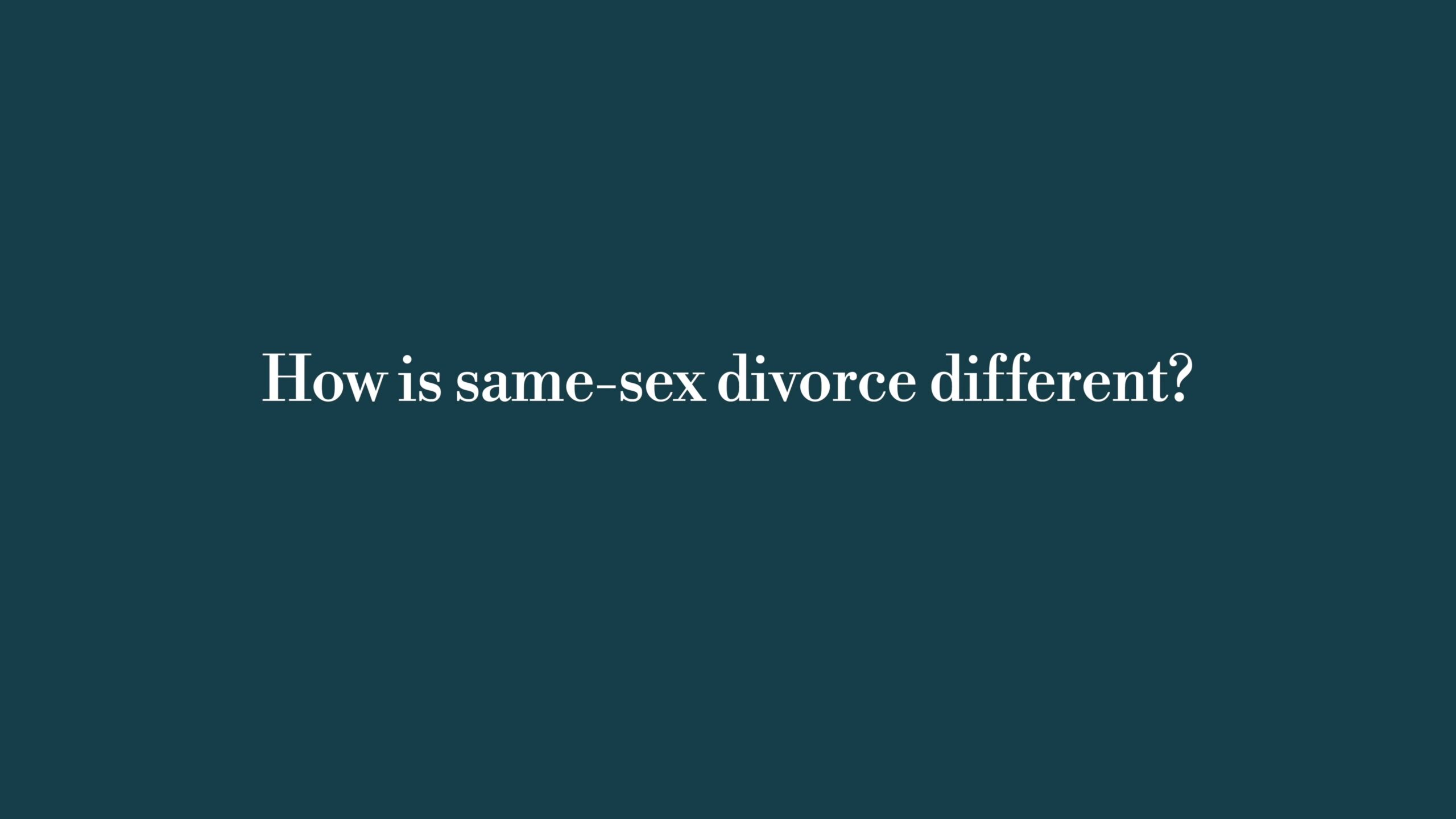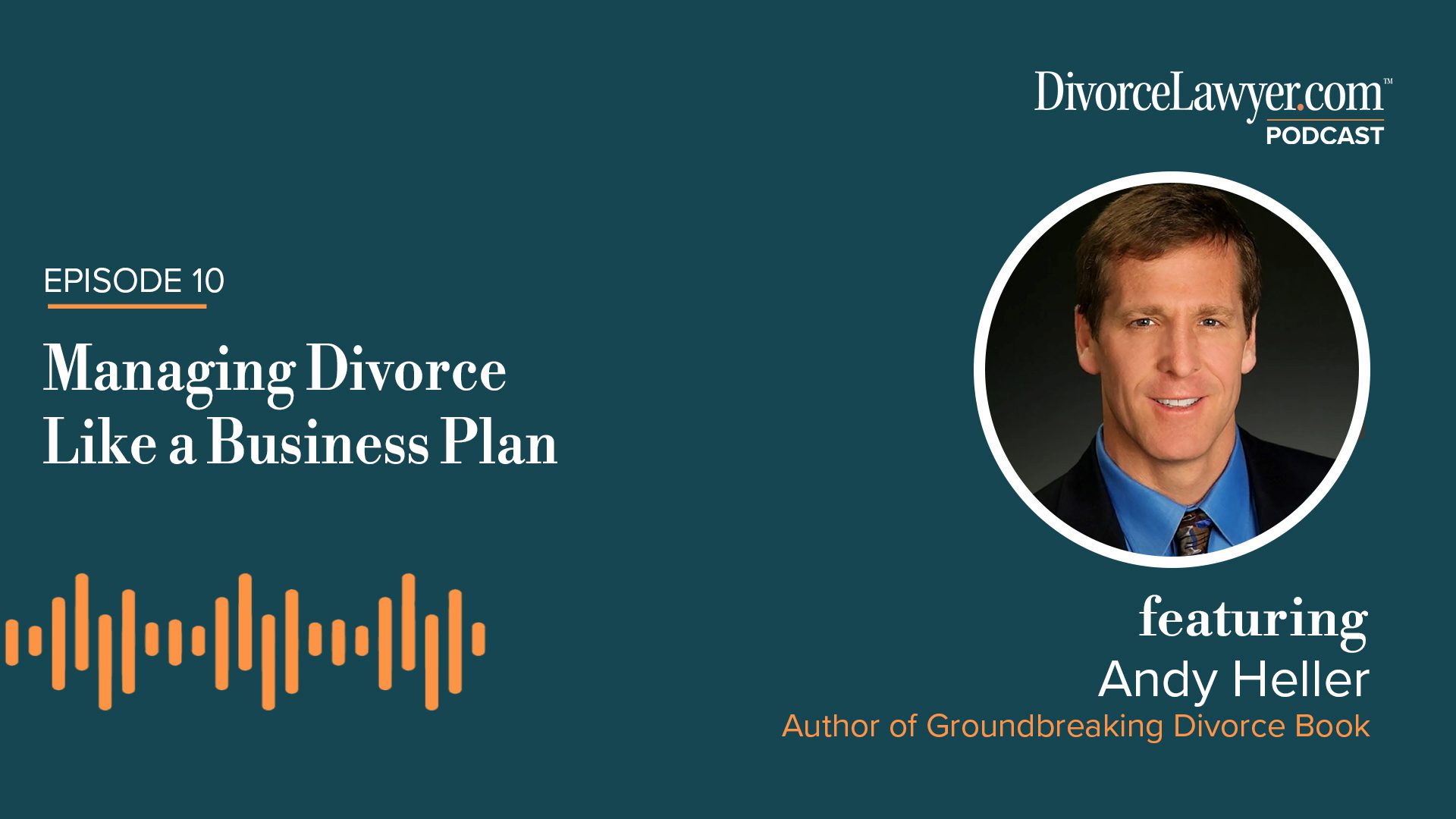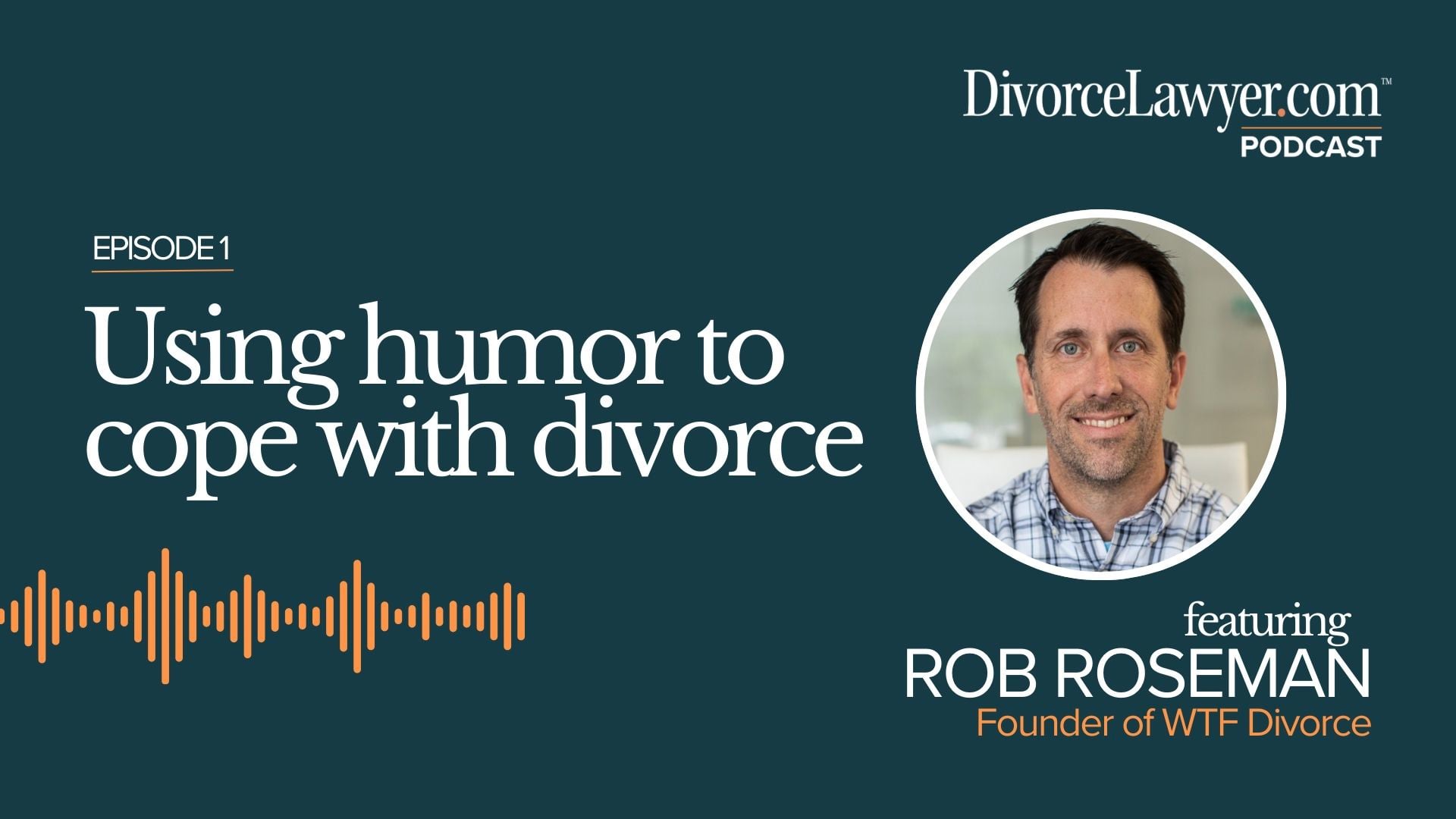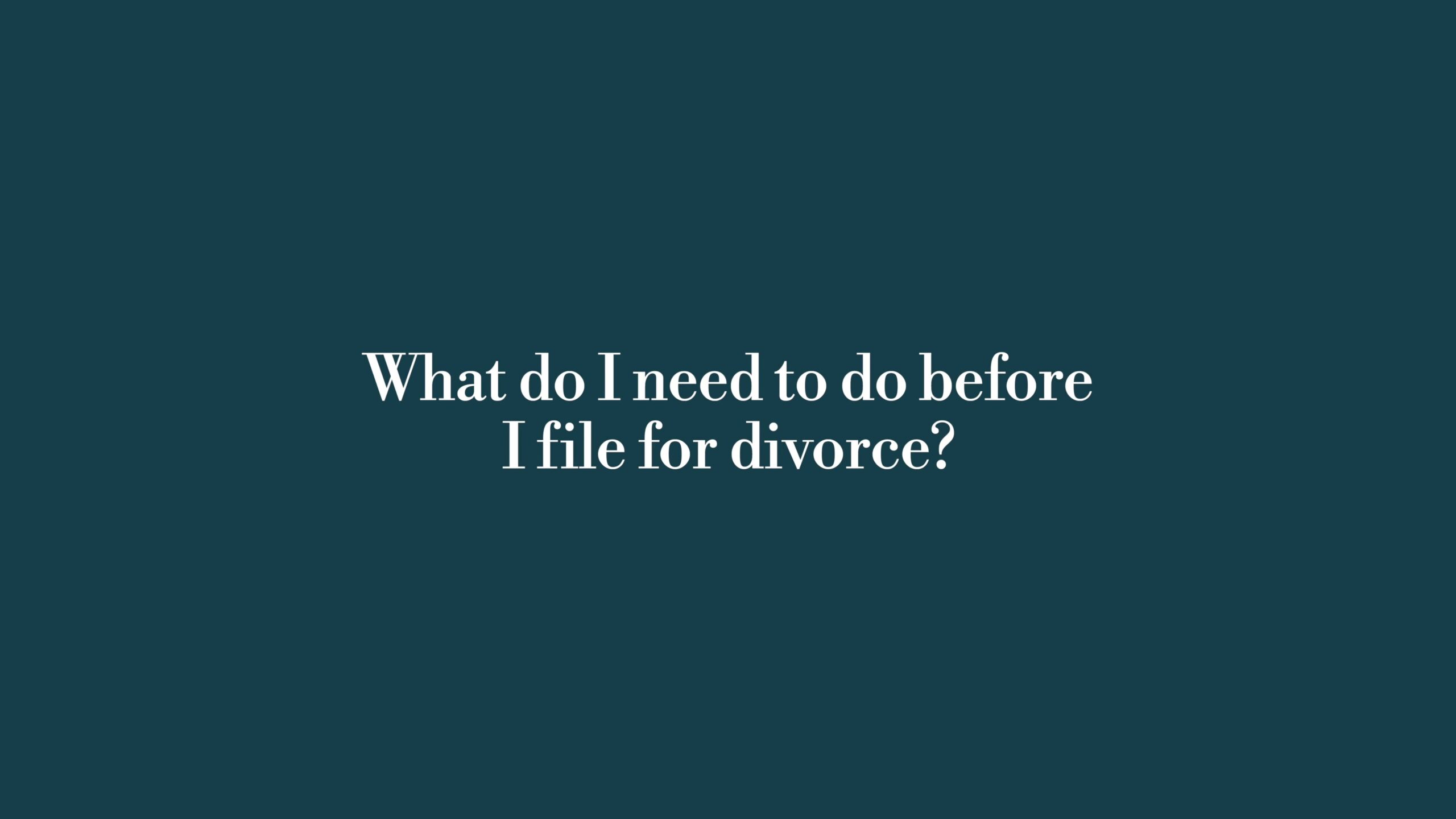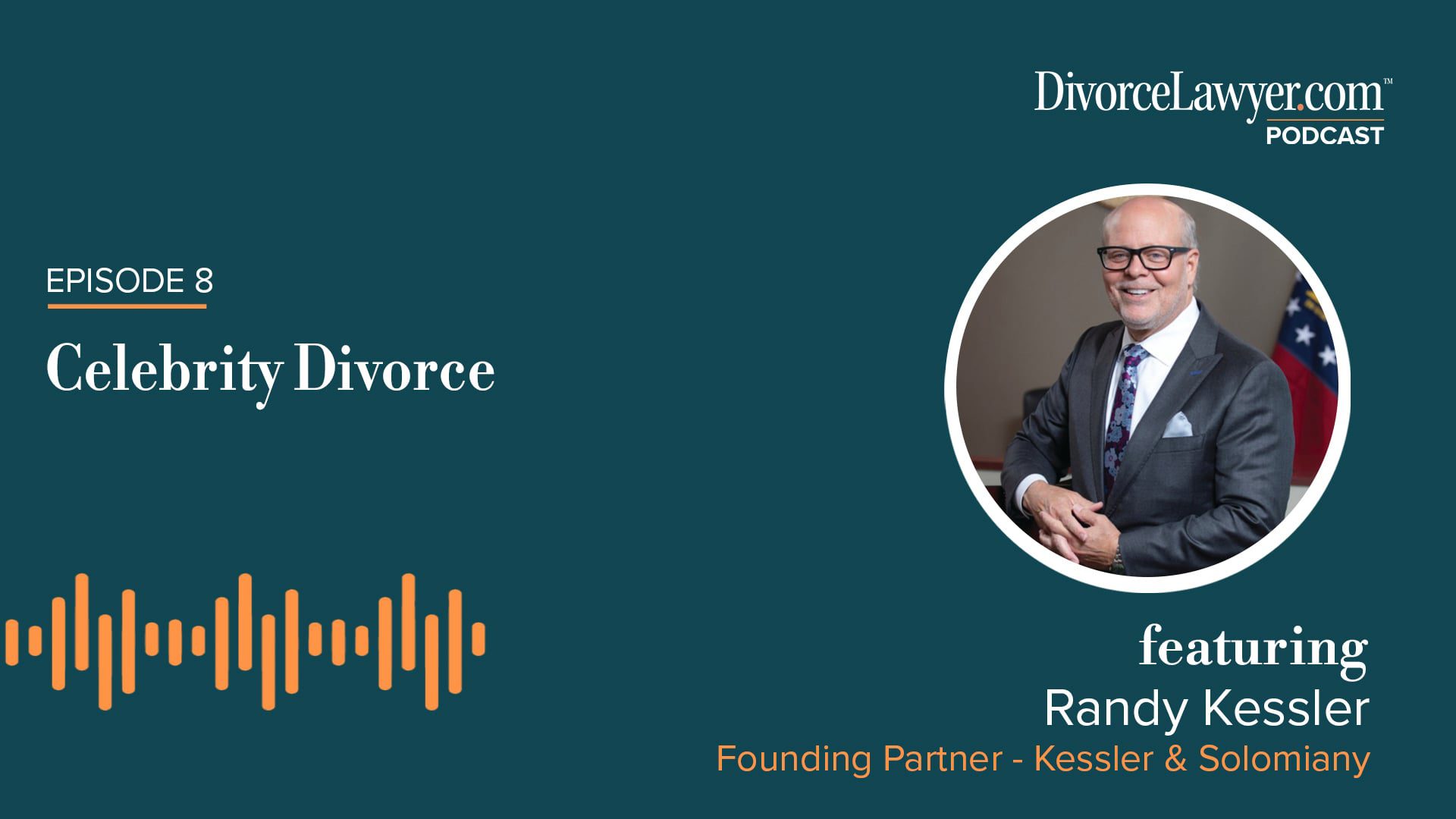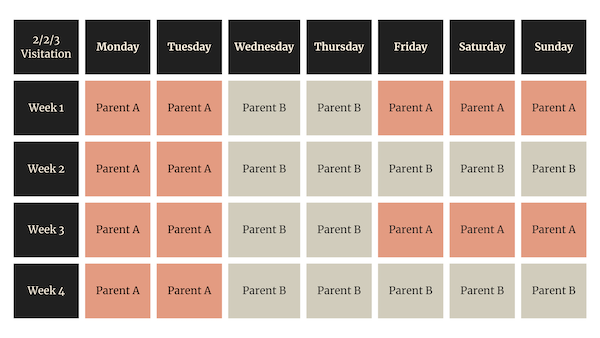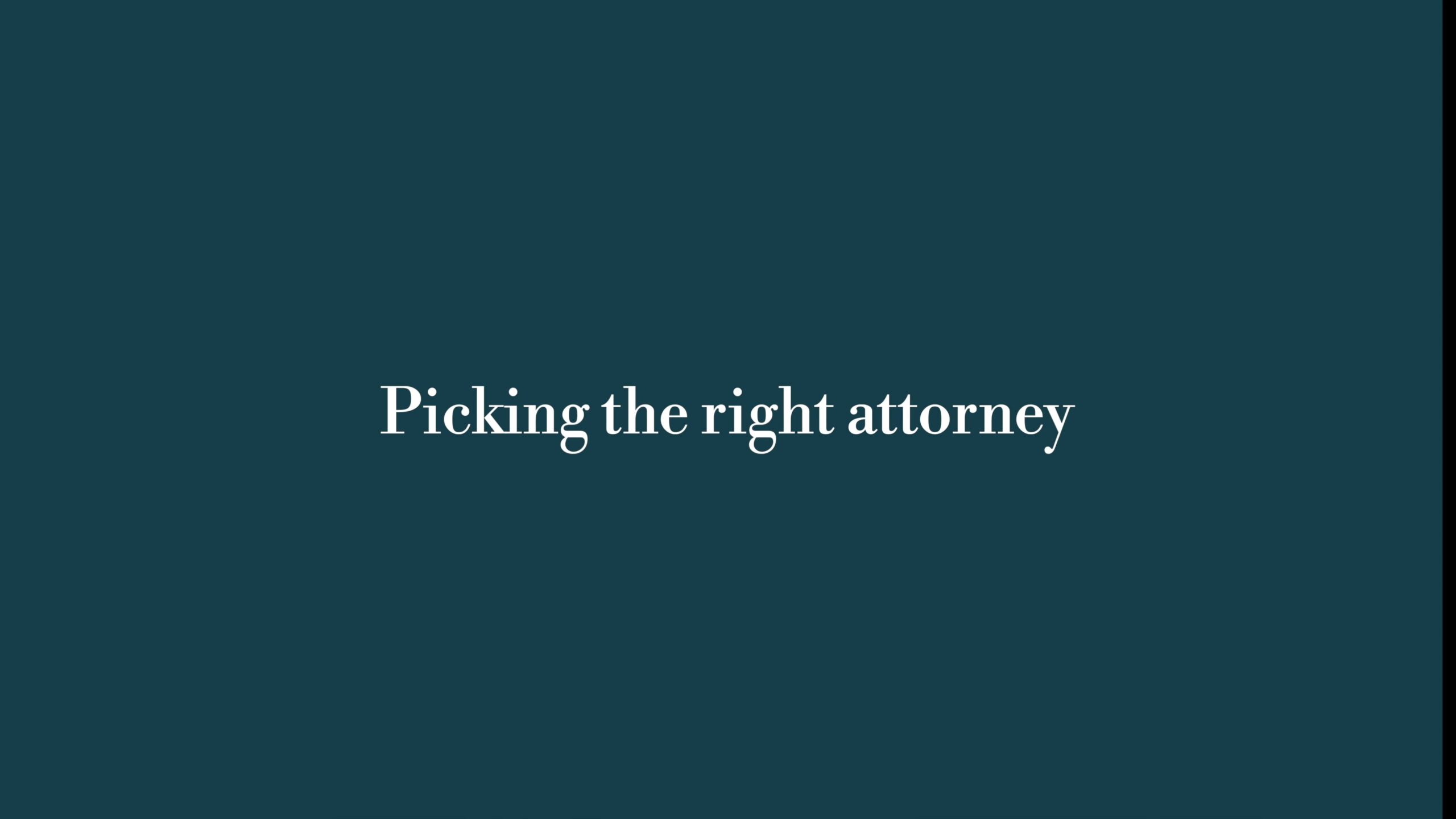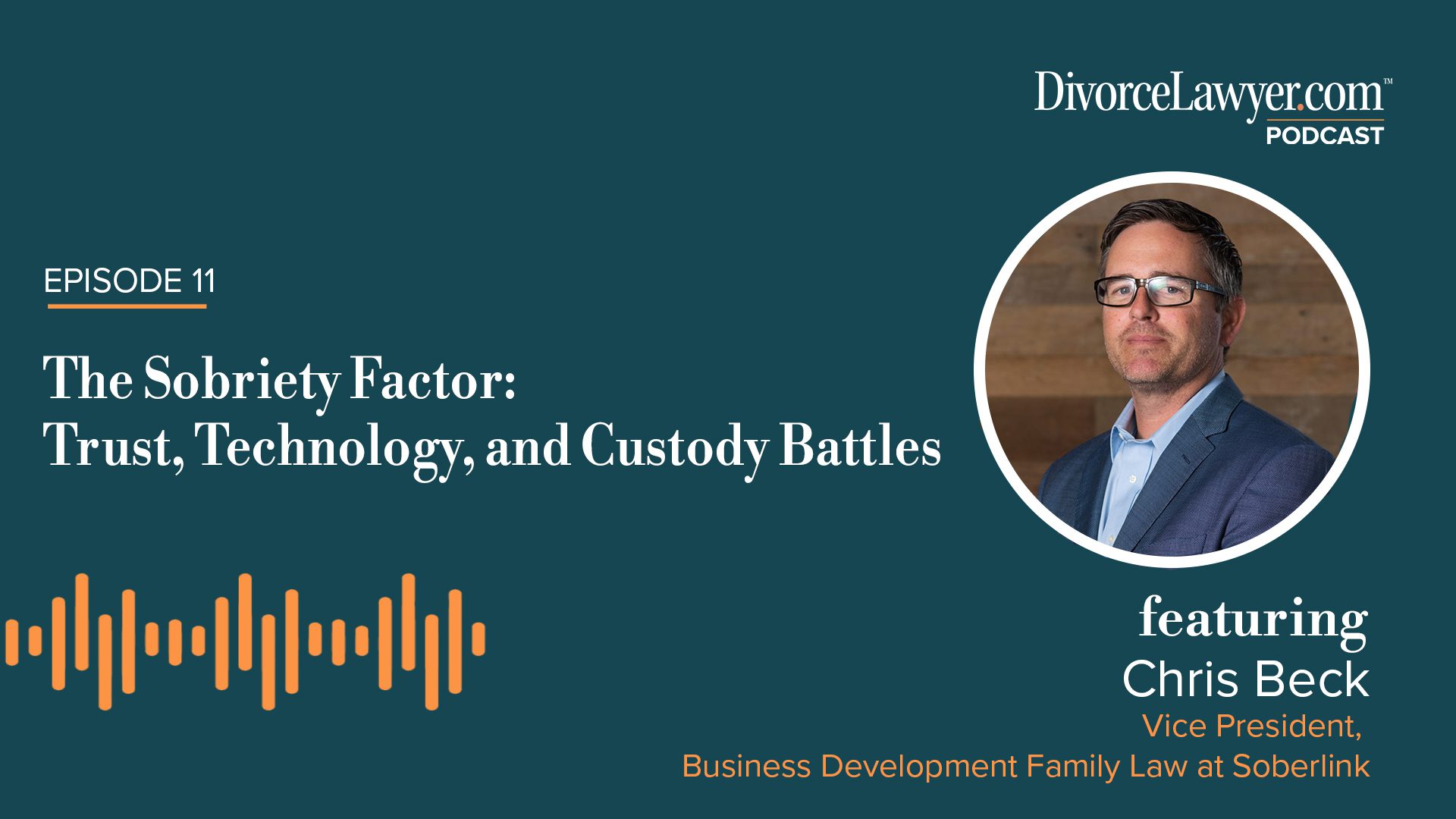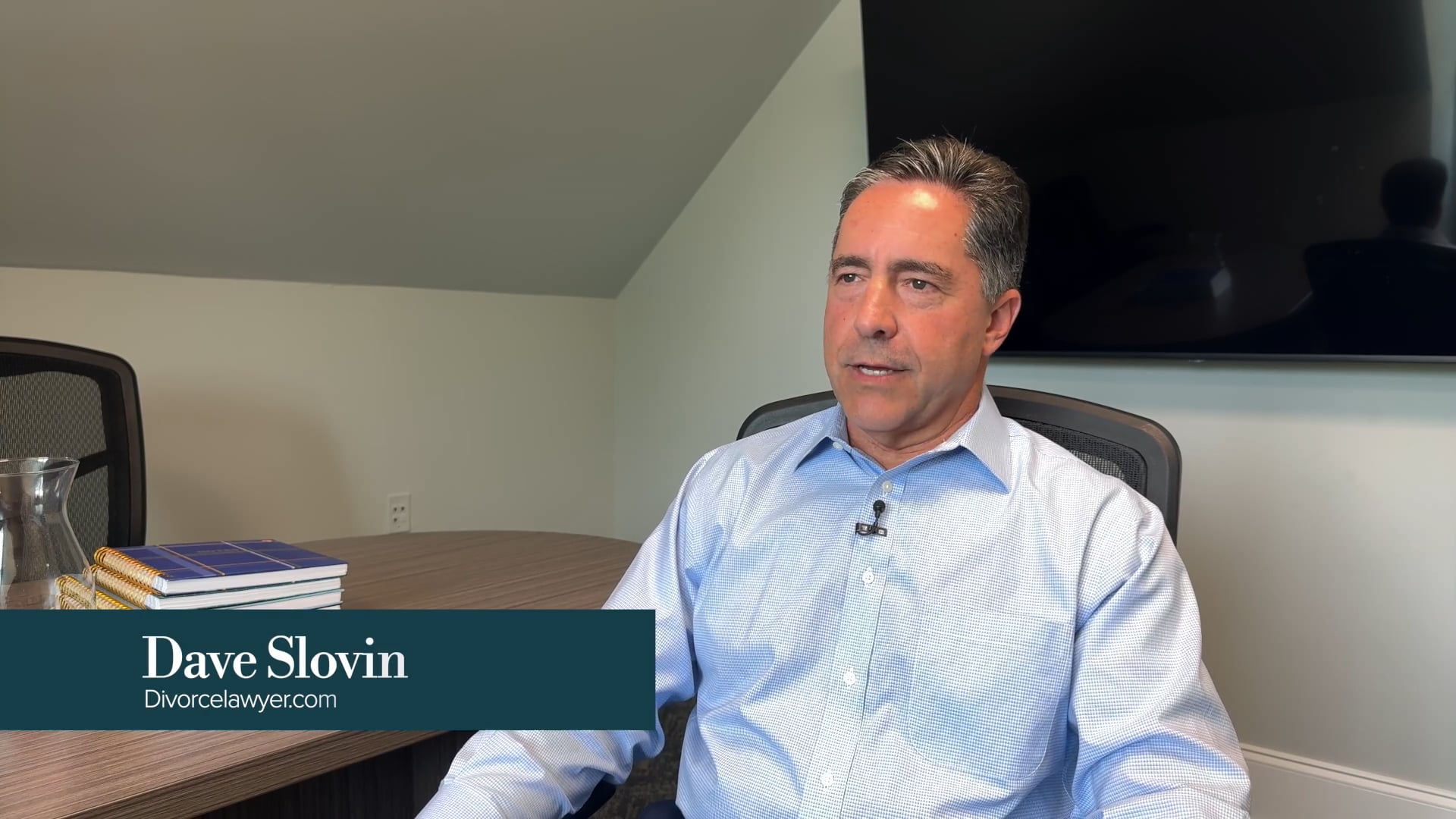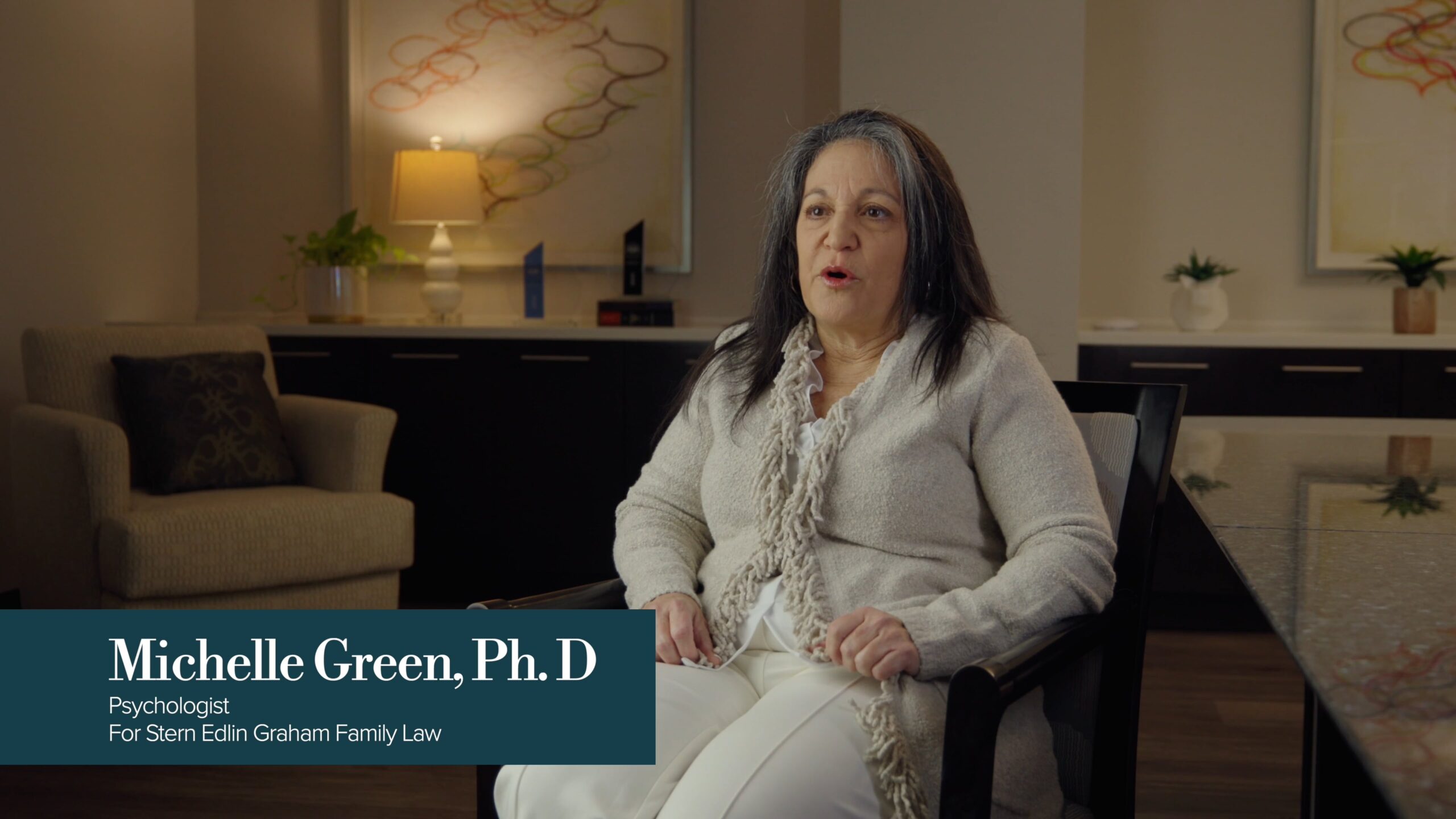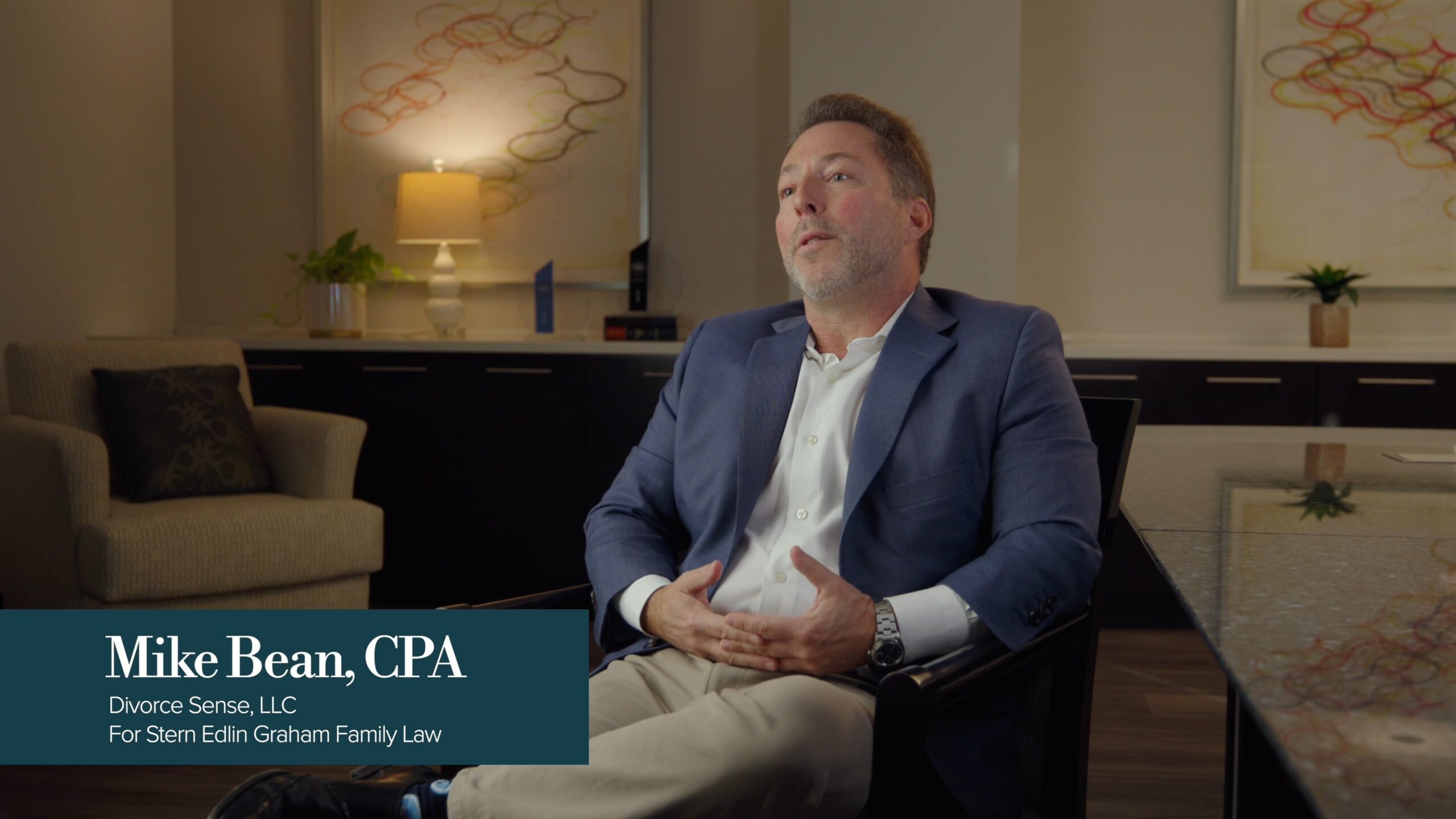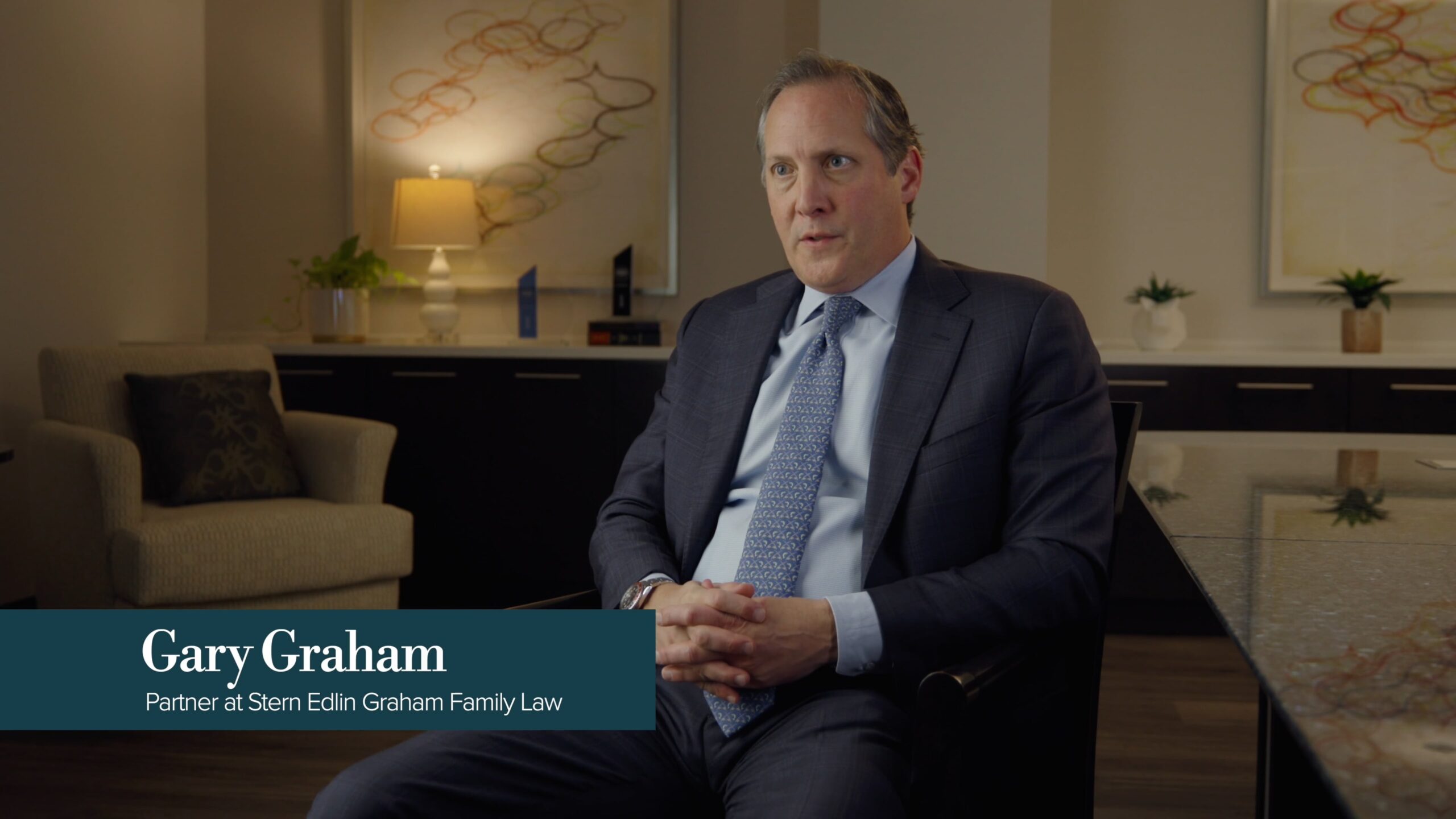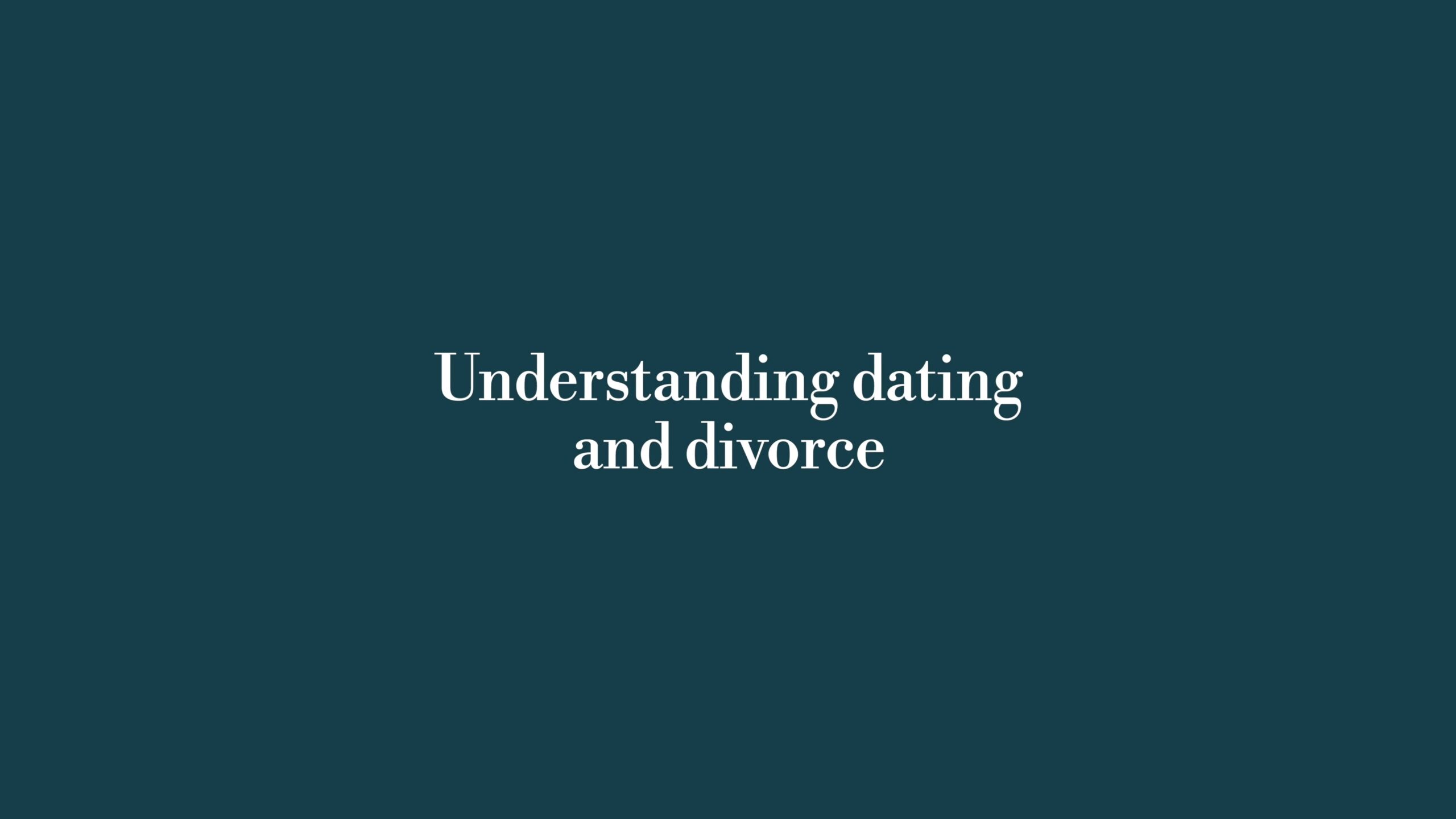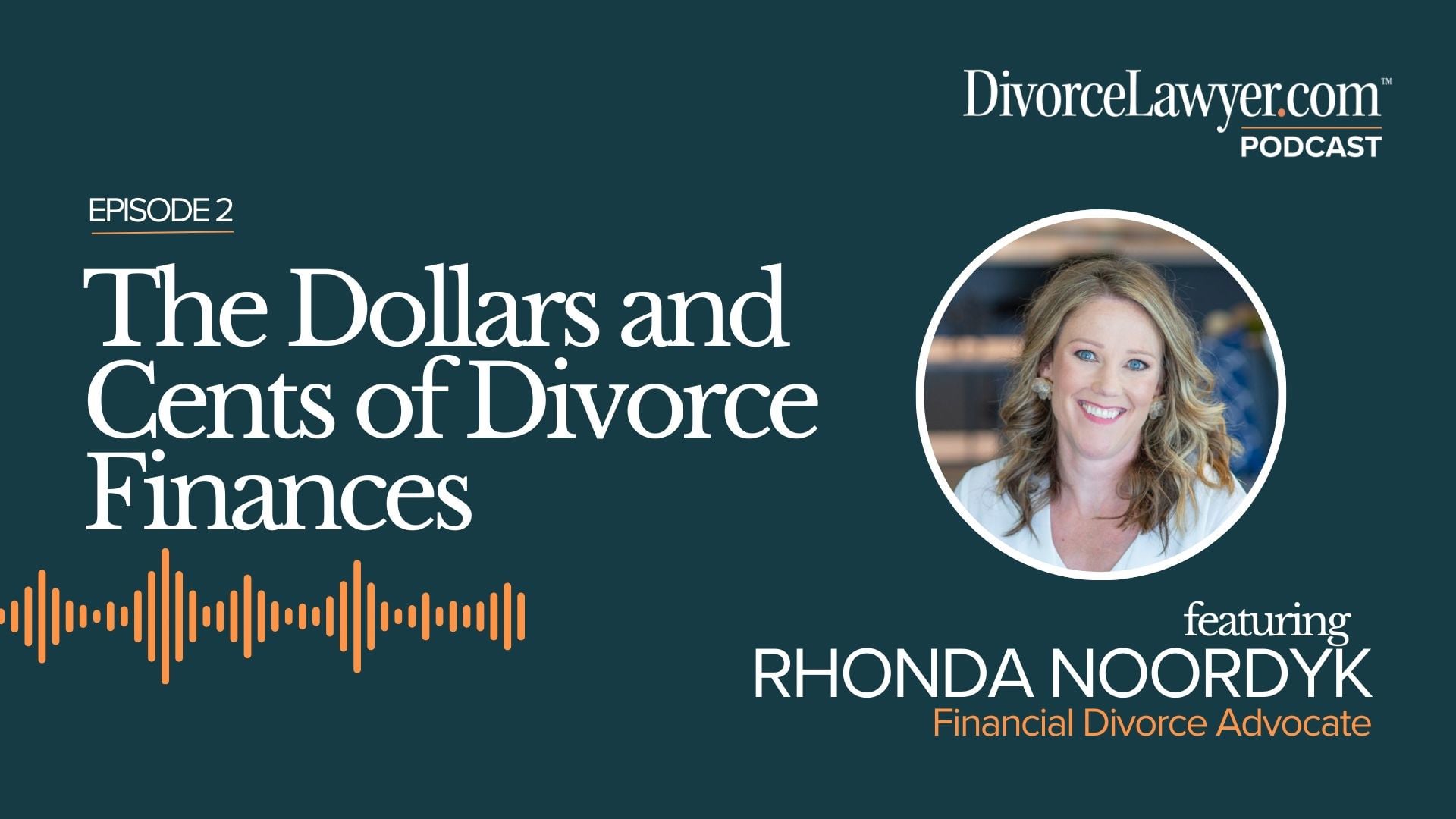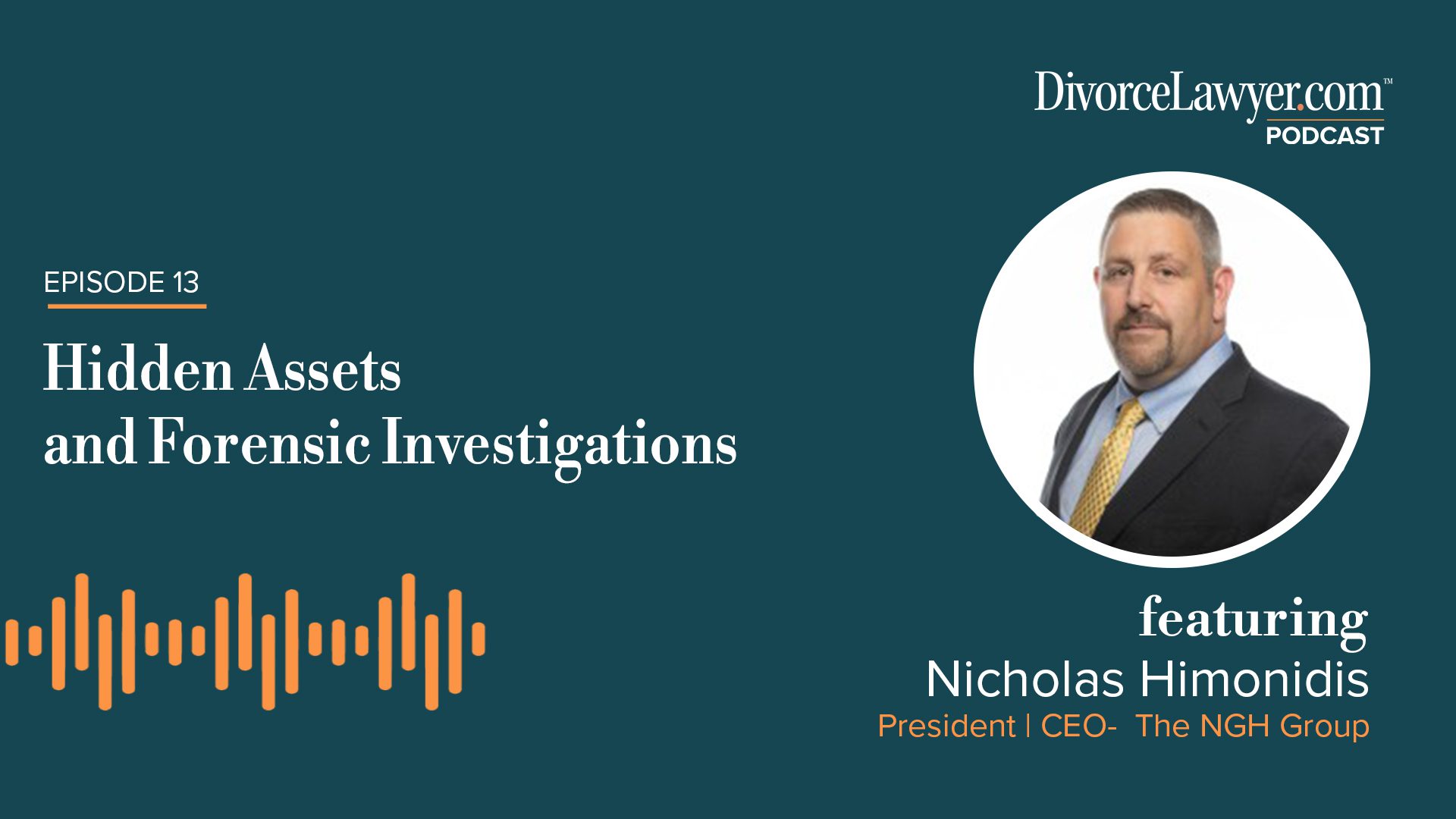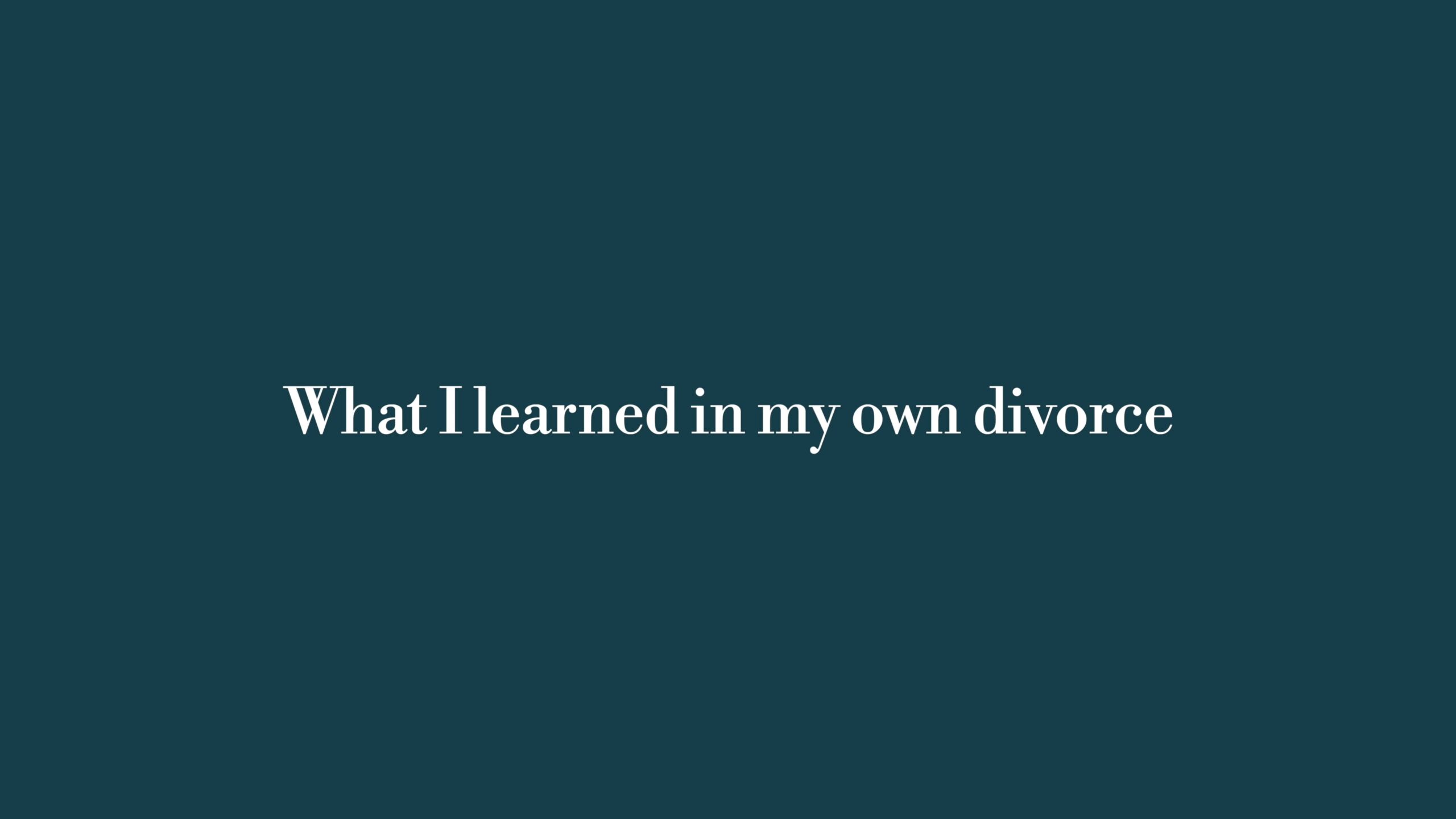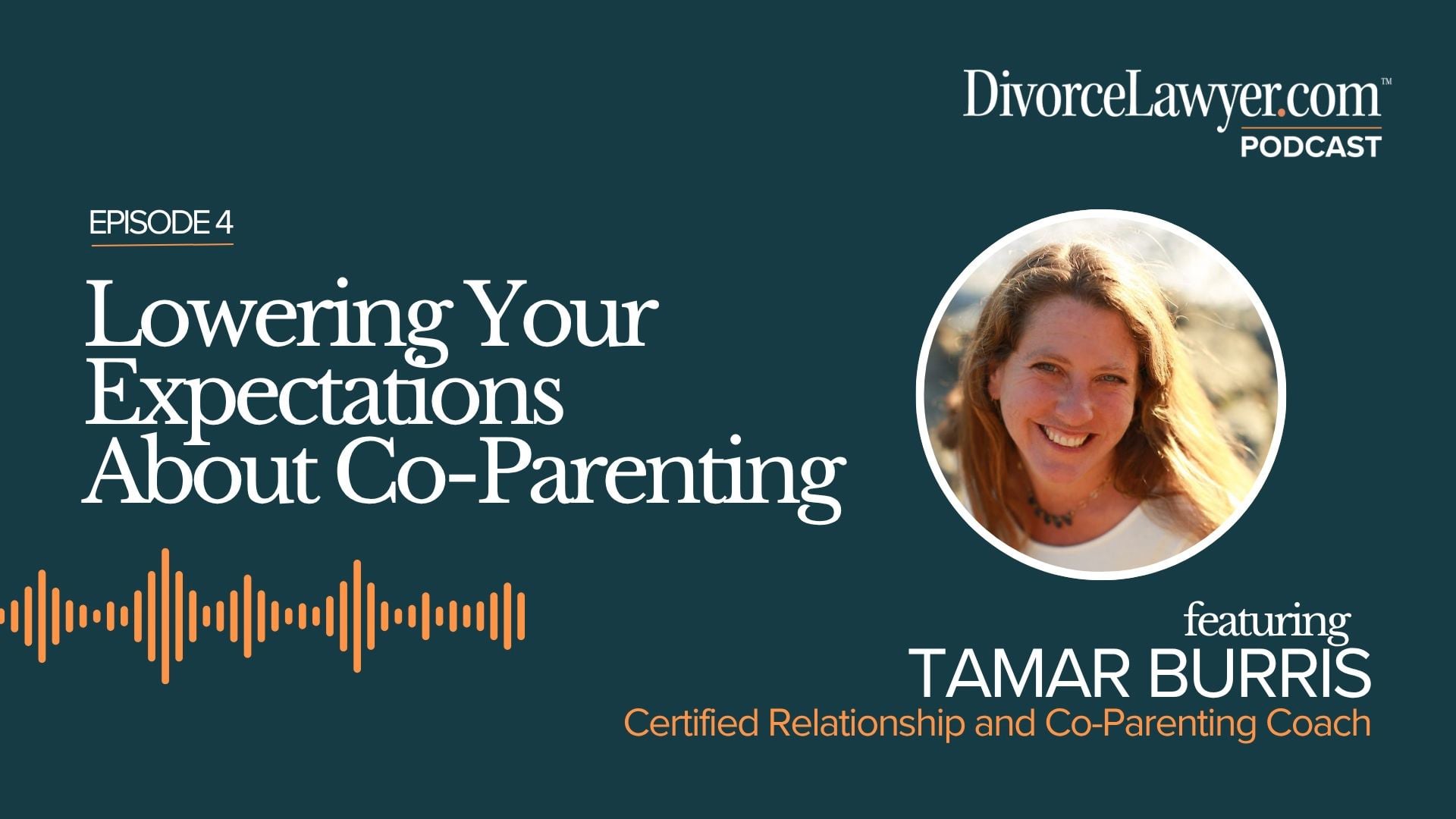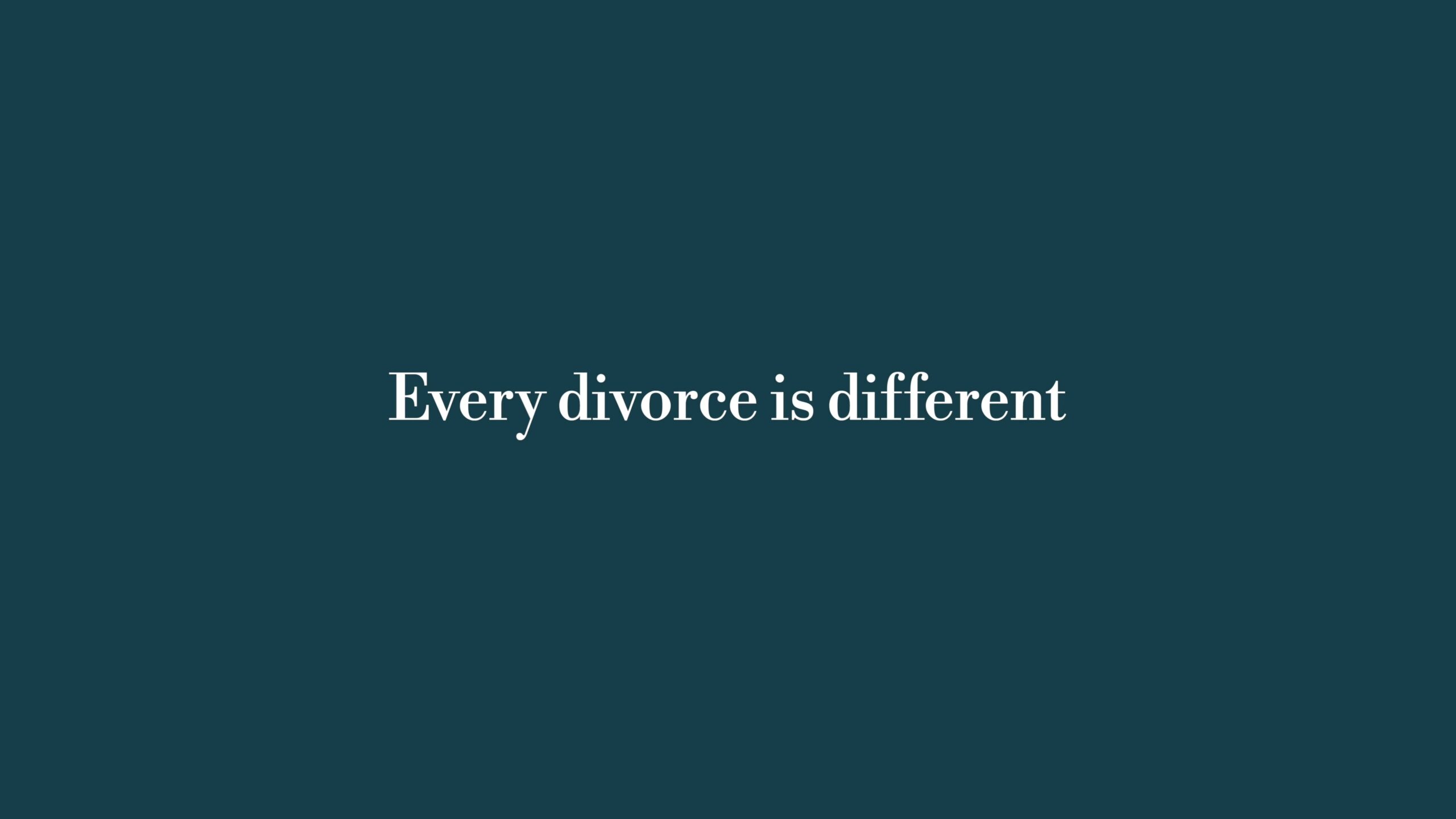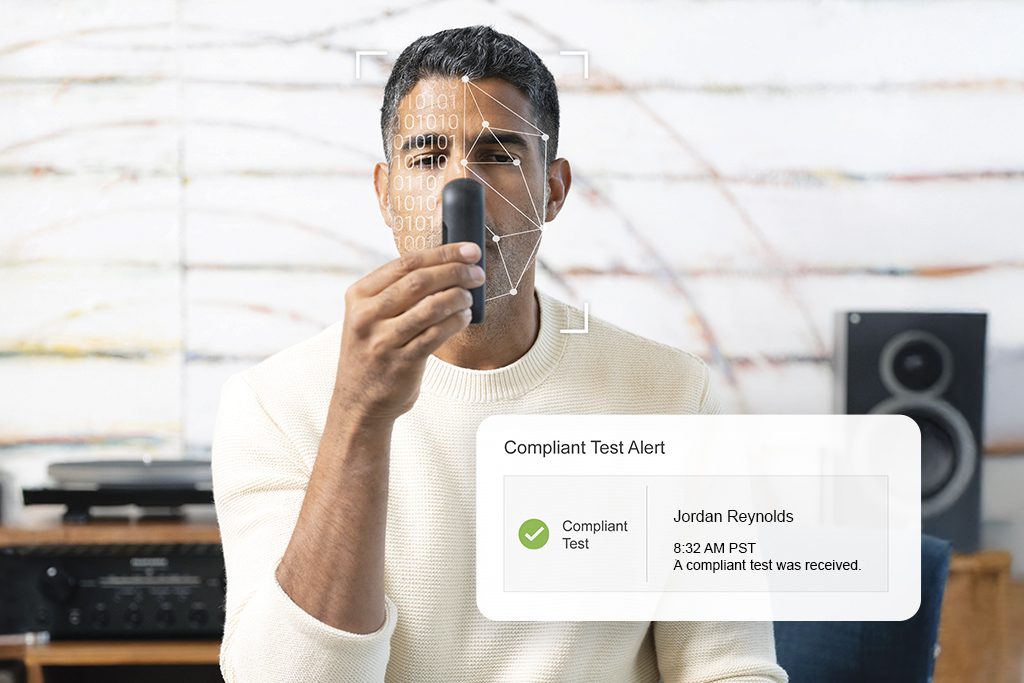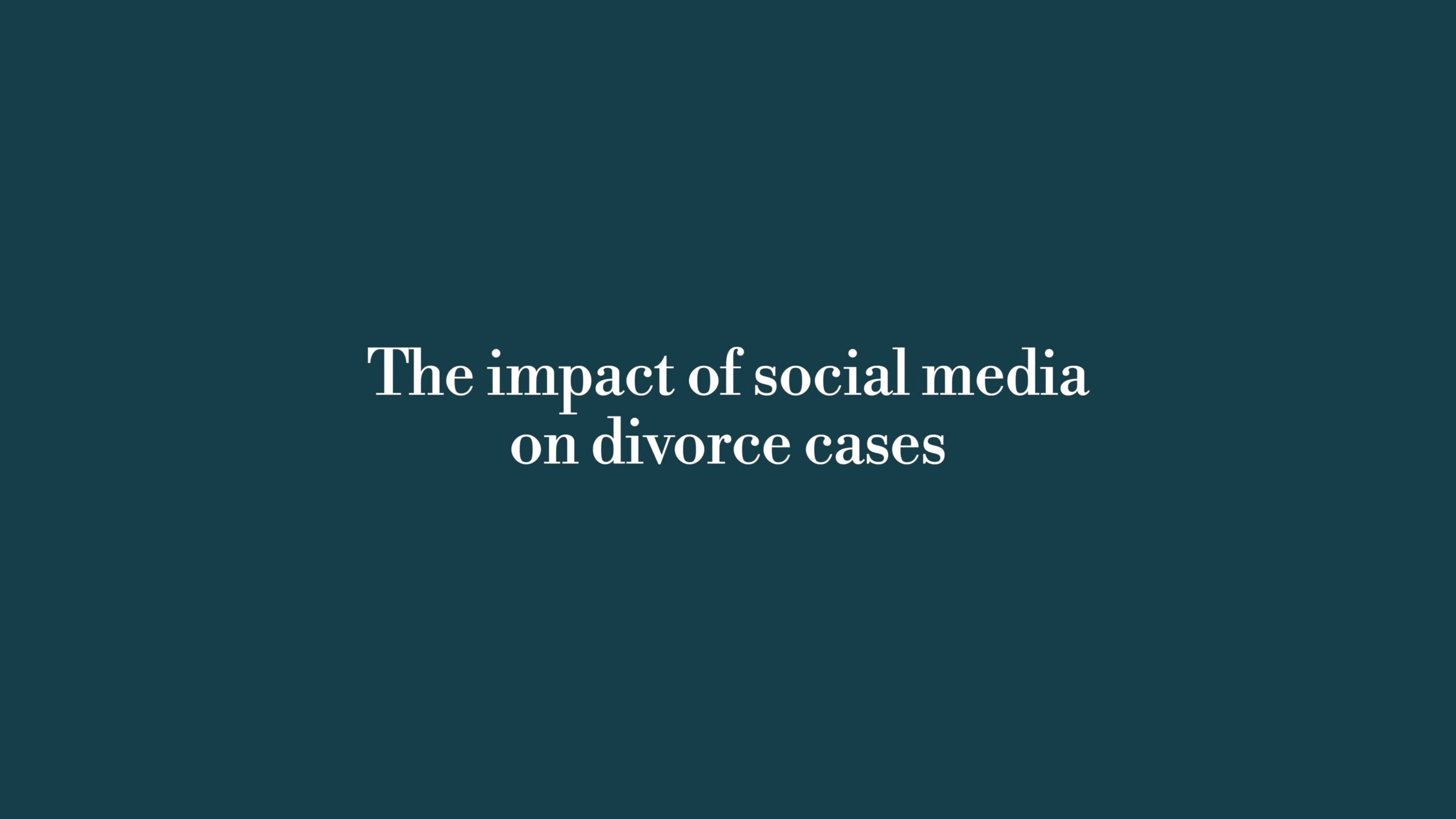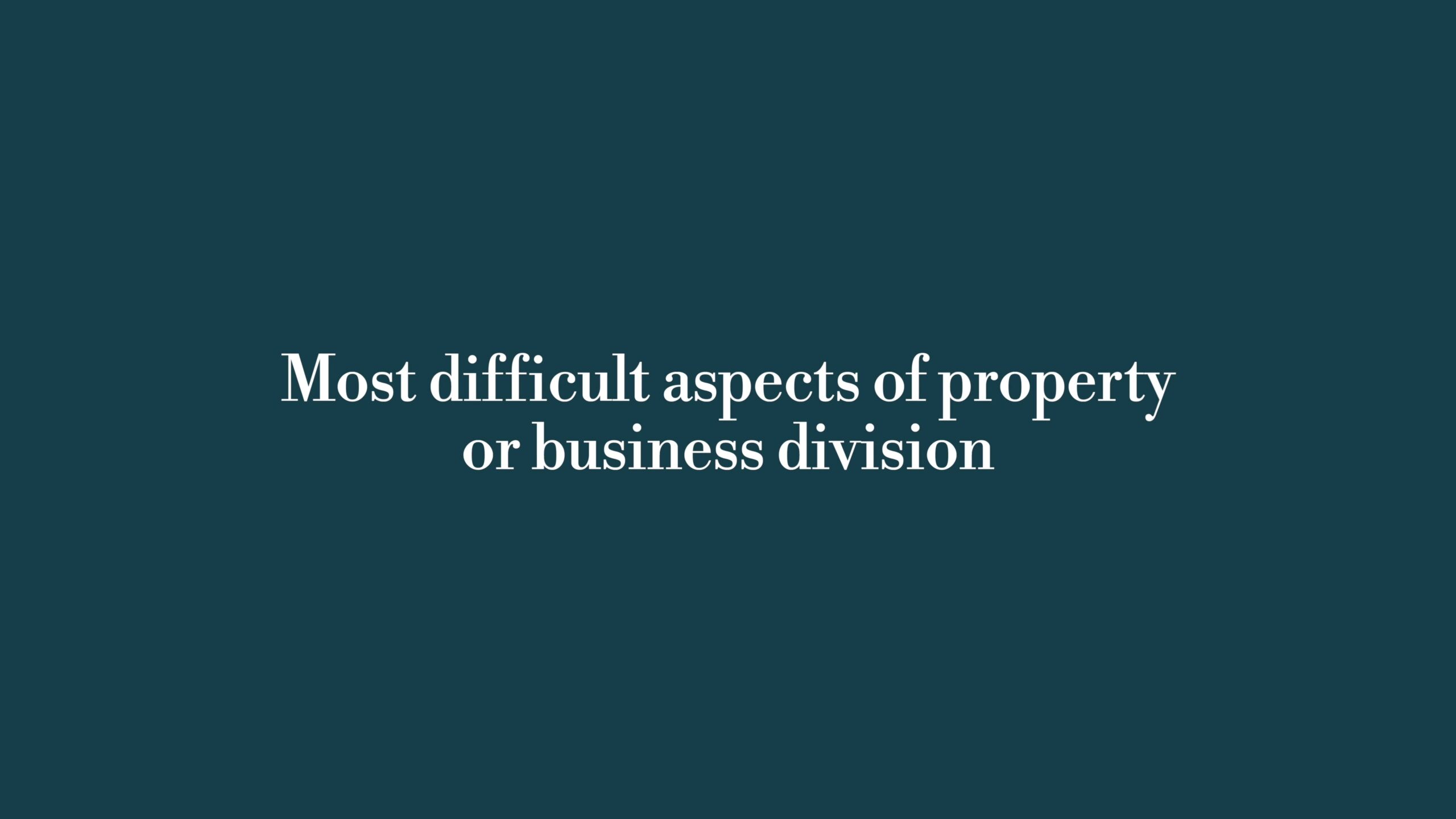The End of Love – Beginning of Divorce
OVERVIEW
Host Rob Roseman talks with divorce and relationship coach Cindy Stibbard about the difficult question many people face: “Am I ready for divorce?” Cindy shares how people often find themselves on autopilot in their marriages, feeling disconnected but unsure if that means the relationship should end. She emphasizes the importance of self-awareness, clear and specific communication, and utilizing tools like relationship audits to gain a deeper understanding of a marriage’s current state. Together, Rob and Cindy explore why it’s crucial to address concerns early, how to approach conversations with empathy rather than blame, and why staying in a marriage where you’re no longer emotionally present can be unfair to both partners.
HIGHLIGHTS
- Many people feel stuck, unsure if disconnection means divorce.
- Social media helps normalize self-reflection about relationships.
- Divorce decisions today are based on clarity, not haste.
- Vague statements like “I’m not happy” confuse partners.
- Use “I” statements and share personal feelings.
- Relationship audits offer clear insight into strengths and areas for improvement.
- Address issues early before disconnection deepens.
- Coaching helps individuals recognize patterns and understand their needs.
- Couples therapy can feel intimidating or defensive.
- Staying disconnected denies both partners real connection.
- Slow down and seek clarity before making a decision.
- Support tools can guide thoughtful decisions.
TRANSCRIPT
Rob: Welcome to the DivorceLawyer.com Podcast. I am your host, Rob Roseman. Today, we are lucky to be joined by Cindy Stibbard. Cindy is a divorce and relationship coach, and she really gets deep into the questions: Am I ready for a divorce? Is this the next step? That is the feeling that just really bogs most people down. Cindy, thank you for being here today.
Cindy: Yeah, thanks, Rob. Good to be back. Excited to talk about, you know, all things that we talk about on this. This great podcast about relationships and divorce and, you know, all the things.
Rob: I mean, it’s so interesting because, like, when we’re out of divorce, which both of us are, there’s a lot more of a clarity and like, oh, we know what we’re thinking. But, like, when you’re in it, you’re in such a fog because you have no context of, like, is this normal? We’re not sleeping together that often anymore. Or, like, we’re fighting more, but, like, is that part of a marriage, or is this a divorce? Have we fallen out of love? Is that a question you hear a lot from clients?
Cindy: Oh, my gosh, I hear it all the time. I think a lot of people come to me with the spark being gone, and then they’re afraid. Is that enough for this marriage to just end? You know, I think a lot of people get to that place where they are almost on autopilot in their marriage. You know, they just kind of keep going because they’ve got kids and they’ve built this life and. And it’s just like Groundhog Day after day after day. And they think, wow, is this. Is this really as good as it gets? And they look. They realize one day, look at their partner and feel, I don’t even feel love anymore.
And, I mean, you might love them as the person that they are and the parent that they are and all those things, but then it comes down to, like, am I actually still in love? And that can be. That can be a really hard question to answer because. Or to even face because there are lots of times when we look at our relationships or marriages, think, well, nothing bad is really happening. Like, you know, I’m not getting beaten or something. There’s no abuse. There’s nothing that’s really standing out as, like, the. The key factor for why this relationship shouldn’t work. It’s just that I don’t feel it anymore. I get that a lot from people coming to me so stuck in that I don’t even know how I feel anymore.
Rob: I know. I wonder, like, it seems like this generation with social media and a lot more education and awareness. I remember like an older generation would be like, well, that’s what marriage is. It’s not supposed to be fun, it’s supposed to be hard. Do you think people are maybe like quicker to pull the trigger now and say, well, I’m not feeling this anymore, let’s get divorced. Or, or are you seeing like there’s still a lot of nuance in like how those decisions actually get made?
Cindy: Yeah, I think there’s still tons of nuance, and I don’t think that people are pulling the trigger and getting divorced easier than they were before. I just think that now they’re giving themselves more permission to really dig into it and understand it more. And those people who aren’t happy, okay, what can I do to be happier? What can I do to be happy either in this relationship or maybe get, give myself permission to finally look at that this isn’t the right relationship for me. And I think that’s the, that’s what to me, what social media has brought is that this sense of permission that you’re not, there’s nothing wrong with you, that you’re not flawed, that you’re not crazy, that you might be feeling this way, you know, and the outcome of it could be different for everyone.
But the nice part is that you don’t have to be doing this alone. I feel like when I was at that stage, all of the social media platforms like we have now about relationships didn’t exist. So I felt like I was a crazy one just sitting there wondering like, what is happening to me and why do I feel this way, and what do I do about it. I wish that there was more education and understanding back then. I mean, that was eight years ago. Now that there is now because it could have probably processed it a little bit better. I probably, you know, would have done more learning and self-work and understanding what I was going through rather than just be struggling so much on my own.
Rob: Yeah, and it seems like I think one of the hardest parts too is like, okay, I’m learning this stuff now I have to communicate it with my partner who we’re not getting along with, who might not be watching the same videos, might be defensive, might feel and like that’s where a lot of it can go awry. It’s like I’m coming from a good place. I’d like to see if this can work. But our communication just falls apart after, you know, one effort, and then I’m like, throw my hands up in the air. Do you see that a lot? And is that what you work with clients a lot on is, like, how to have these conversations?
Cindy: Yes. Oh, my gosh. All the time. How do you actually communicate your needs and what you’re feeling to your partner? And I often encourage them to look at it as almost like a data collection experience. Right. Like, once I know what my needs are and I really want to communicate and have the hard conversation. And we do it now, let’s see where it lands. Because how they carry it, how they have space for it, how they understand it and interpret it, and how they respond or react to you is also going to give you a lot of information of, can I even continue to build with this person once I’ve told them my needs and, you know, shared this with them and being very vulnerable and, you know, done a lot of work? Can.
Are they the person that, you know, you can share that with? Can the changes be made? Are they open to that? Or are you met with a wall of resistance and defensiveness? And maybe they shut down? And maybe this just gives you more answers in terms of why I feel this way, and then what this might mean for me if I’m trying to create a relationship that might not be possible with the person that I’m with, because I’m trying to do new things. I’m trying to get, you know, get deeper, communicate, and they’re just not receiving.
Rob: I’m putting you on the spot here with, like, what are the words you can say? But I imagine a lot of. We hear a lot, you know, especially on Instagram. I was telling him for years, and he never listened. And maybe that is true in somebody’s mind, but maybe they weren’t communicating it in a way. Or maybe they were like, read my mind. You can tell I’m unhappy.
Cindy: Yeah.
Rob: Are there maybe one or two, like, scripts or tips for how to breach that conversation and maybe even to like, lower your expectations of, like, the first time I say this, they’re probably going to be defensive and say, I am trying, and maybe don’t, like, throw in the towel based on that. How do you approach a conversation like that?
Cindy: Yeah, and I think you’re right. I think a lot of times we think that we’ve said it and we’ve been really clear about it, but we haven’t really been. Or we assume that they know how we feel because we’re checked out, or we’re not engaging, or we’re not saying the things, or we’re not saying, I love you. Or we’re not sleeping with our partner, but it’s not the, you know, the things that you aren’t doing. You need to actually be really clear. And I think the clearer that you are and the more specific that you are, the better it lands. And I think a lot of times, too, we tend to place blame when we’re at that place of frustration and we’re feeling defeated and we’re just kind of done.
We tend to then go on almost the attack mode of here’s what you are doing to make me unhappy, and this is why. And a lot of times, I mean, we know how that feels. If we’re on the attack mode, we shut down and we don’t really hear it. So, to soften it is to talk about how you’re feeling. Like, I’m not happy in this relationship because this is what’s not working for me, not what you’re doing wrong. You know, or I feel this way when we talk this way, or when I feel that maybe I’m not being listened to. You know, I think it’s all about the approach and making it about softening the approach, sharing with your partner why you’re not happy in terms of your experience and not necessarily what they’re doing.
Eventually, it will come, it’ll come around to talking about what that behavior is that makes you unhappy. But to start it out, it has to be in this soft, non-attacky kind of way so that they can at least open up to listen to it. And you have to be clear, you have to be specific. You just can’t say, well, I’m not happy. Because what does that mean? What are you not happy about? Like, look at this life, and you hear this all the time. Like a lot of men will be. What do you mean? Let’s look at this life I provide for you. You get to do this, you get to have this, you get to do this. But what can you not be happy about?
Cindy: So it’s so important to be very specific about what it is that you’re not happy about and share that from your own perspective. Using I statements is kind of, you know, the thing cliche in a way, but it’s very true in terms of how you present how you feel from your perspective and not it’s because you are doing this to me. Does that make sense?
Rob: Oh, and I imagine a lot of times we’re like, we don’t even know why we’re unhappy. So it’s like we’ve got to do the homework first to be like, I’m not happy in this relationship, but why? Maybe I need to write down it’s this instance or that, and like slowing it down. Also realizing that, like, this is my first seed that I’m planting. So don’t expect like me to fix my marriage after I have this one brave conversation that my husband or wife didn’t even know was coming. Totally.
Cindy: Yeah.
Rob: So, yeah, I imagine a lot of it is just like slowing it down. Patience and not waiting until, like, is it too far gone? A lot of times when people have these conversations, like, do you think it’s. A lot of times, it’s just hopeless by the time you actually have this, it’s too far gone. Or have you seen a chance to reconcile?
Cindy: You know, I, I do see a bit of both. I see that some people who hold it in so long and they aren’t able to be specific, and they don’t really know what their underlying needs are. They can be too far gone. You know, I see a lot of times people who aren’t very clear with what they need, and they just say, I’m unhappy. And then, you know, the partner doesn’t know what to do. And then you finally get to be more and more specific, and your partner finally starts to do the work. It’s almost like you’ve left it so long now, you don’t even care about them changing and doing the work because you don’t even want that version of them anyways. But I, you know, it’s a two-way street.
When your partner is telling you that they’re not happy about something, then we need to listen. What is it that you’re not happy about? Because if we start to ignore that, then obviously it’s just going to grow and it’s going to fester and it’s going to turn into something bigger than what it could have been at the time that you would have addressed it. And no one likes to address issues in their relationship. And a lot of times, like you had just said, sometimes we don’t know exactly what that means, that we’re not happy. And so we tend to then look at the actions like, well, it’s because you don’t help me around the house or, you know, you don’t help me with the kids. But that’s not actually the reason. It’s because you feel like you don’t have a partner in this.
You feel alone doing all of these, you know, tasks at home. You feel like it’s a heavy load to lift on your own. You want to feel connected, that someone has your back, that someone’s in this with you, that they respect everything that you’re doing. It goes deeper. And so that’s why I always like to encourage people when they’re in that place of they don’t know or work with someone, work with a coach, with a therapist, to really get clear on what is it specifically that you’re not happy about. Because it’s not about the dishes, right? It’s not about that. It goes a bit deeper. And. And when you can understand what’s underlying it, then you can more clearly communicate that to your partner. But do it as they start, you know, as they start coming up in your relationship.
Don’t leave it forever, because you’ll sweep all these things under the rug or you’ll try to shove them down, and then they’ll just come out and explode. It’s like a tsunami of all of these issues that you’ve been holding in for years, and you just can’t repair that way when there’s just too many. So it’s so important to just work on them as they come up. And partners have to listen. You know, if your partner is saying to you, I’m not happy, you gotta start listening, or right when they say it, and try to figure out what you guys can do to get it back on track. Don’t, like, don’t let it fester. Don’t wait.
Rob: And as you know, and I found out with our big Instagram, a lot of our audience is women that are doing a lot of this work and thought, you know, maybe years before it gets to the divorce, maybe they’re not communicating it, and maybe guys are not, you know, aware of it. So it’s like, you do have to, like, if you’re going to try and make this work, you do have to, like, kind of say, let’s try this as partners. Even if it doesn’t work out, at least we’ve, like, really given it a shot. And one thing that I’ve. I’ve learned it’s kind of a trick that I’m sure you’ve heard of. Chris Voss, the hostage negotiator.
It’s like the first sentence that you say to somebody, especially in, like, a very stressful conversation like this, like, I know you’re saying that I feel is very important, but even, like, framing it as, like, I know this is going to be an uncomfortable conversation to have. I know you feel like, I’m always criticizing you and empathizing with your partner instead of just like, I don’t have this. This, this. It might be received a lot better because your partner might be having a lot of these feelings too. But, like, they just always feel like they’re being attacked. So a lot of it really is. I mean, that’s why working with a coach is so important. Like, the words that you use can really, like, determine the results of what you’re trying to achieve.
Cindy: And also to be able to not personalize everything. Like, as soon as your partner, you know, says something or has a complaint about something, we immediately personalize it. We immediately, like, make it about ourselves. We immediately, like, yeah, take it personally. And sometimes we need to just stop doing that for a second to know, like, okay, I know that this. She’s talking about my behavior or how I didn’t do this, but what is really going on here? Like, what’s underlying here? Instead of we. We just get our backs up so easily. And it’s natural. It’s so natural because we feel like we’re on the. The. The defense and we need to protect ourselves. It’s our ego talking, and that comes from just really doing some work on your own. You know, we.
I do talk a lot about how people wait so long before they go to therapy, and that typically is. Is too late because most men don’t want to go to therapy because they feel like they get in there and their wife’s got this laundry list of all these things that they’ve done wrong over the years, and they just like walking into the courtroom as a defendant. You know, they feel ganged up on in there. They feel like they can’t win because it’s just this constant unloading that I need to do in front of someone else so they can justify that I am right to feel this way of all the things that you’ve done to me.
But if people can do their own work, use therapy as a way to understand yourself before you use it as a tool to fix the couple, then I think that we would do much better that way. And, you know, everyone needs to maybe the word therapy, maybe do coaching instead for men, because I think that it’s scary. People don’t want to go into themselves and look at their patterns, but it’s about learning about you. Why is it that I get so defensive when people say this, you know, to me, or, you know, why is it that I communicate in this way? Why is it that I shut down? Why is it that I do these things? Just to understand how you’re showing up in life, regardless of whether or not you’re in a relationship.
But how do I handle these conversations with my kids, with my boss, with my friends? Like, this is why we do these. This work is to really learn about ourselves so that we can become better in all areas of life, including our relationship. And if we’ve done both individually, done a little bit of work on that, it’s going to be far easier to come together when things are struggling and falling apart. And I think it’s, you know, when we go back to that theme of today is talking about falling out of love. It’s like when you are going in a. When you’re in a relationship for so long, and it’s like a death by a thousand paper cuts. It just erodes the love and respect that you have for each other because you’re just not. You’re not working on it.
You’re not being clear about what you need. And so when you’re kind of missing each other like two ships in the night, then eventually that love does erode because you’re not connecting in that way.
Rob: And what you brought up, too, about couples therapy, maybe it is kind of antiquated, you know, thing. It sounds like what you. The service you provide is a little different than couples therapy, even if it’s just the framing. Is it the same kind of thing? Because I think people hear couples therapy and they’re like, oh, great, yeah, it’s over. Or it never works. Like, how do you differentiate, you know, what you do and you teach from the typical couples therapy?
Cindy: Yeah, so I don’t. I don’t work with couples particularly, but I do work with each partner if they want help understanding their relationship. So I work usually with the one person who’s kind of got their foot out the door, the one that’s contemplating whether or not, should I stay or should I go? Has this relationship run its course? Can my marriage be saved? And I don’t work necessarily with the past. So therapy, you know, there’s lots of different ways you can look at therapy, but therapy is about unpacking those patterns for yourself. In terms of why I am the way I am. What I do is look at what your relationship is and what’s going on in it right now. So I do what’s called a relationship audit.
We sit down for two hours and really do almost like a deep dive diagnostic of what’s going on in your relationship. We look at 11 core components of what makes a healthy relationship And I give you a score like how well are we doing in communication? How well are we doing and you know, our goals and our values, or our future vision or how we parent, or how we manage finances, or even how our, you know, sexual and physical intimacy is. And so we get to really see, first of all, where you guys are thriving in the relationship, what’s working. Then we look at what’s not working, you know, what’s possible to fix and bring back on track, and what do you even want to fix at this point?
And then looking at, you know, am I still emotionally and mentally in this marriage or have I already checked out? And so from there we get a real good sense of basically where does your relationship stand and where are you standing in it right now, and what does that mean for you? Do you want to work on some of these low-score areas so that you can see if you can get it back on track, or is this confirming what you already know to be true? It’s that maybe it’s run its course, and it’s time to face the truth about that. So I typically work with that one-sided person and who’s questioning, and you know, it allows them permission to feel what they’re feeling and to see it in almost like a data sense.
People love to see results like tell me how I’m doing, give me a score like grade my relationship, almost, you know, how are we doing, and what’s possible. So that’s sort of, that’s the type of session I do in the relationship audit.
Rob: I think it’s helpful too for people to have somebody that’s been through it, be able to look at it, and give them a more objective viewpoint. But the score, too, it’s like when things aren’t going well, you might feel like we’re at a 1. In reality, you might look at it and be like, well, you’re probably at like a 5 and that might be easier. But you’re, it’s so isolating. Nobody really understands it. Your family or friends that might be married that aren’t talking about it.
Cindy: So I think it’s very, you can get like this like echo chamber where all you think is like it’s over and reality you’ll be like, oh, you could use some work on the physical, but this is going well and you’ve got, you know, a bunch of young kids so you’re probably not seeing each other as much. So, just if you’re going to make a decision as Big as divorce. If nothing else, like, it’s worth it to invest and get the peace of mind that, like, you know what, this really was the best decision for me instead of, you know, did I make the right decision? I just wasn’t happy. And you look back with regret about that.
Cindy: Yeah. And I think that’s also the difference in therapy is so many people that come to me have been in therapy for a long time. They have been, they’ve literally been spinning their wheels. You know, they have not gotten anywhere. They’ve spent hours and hours and lots of money spent just getting no answers. And so that’s why I created this, so that you can stop seeing, spinning those wheels, you know, and really get a sense of where you’re at and what you’re doing and what you want to do from here.
Rob: Yes. Some might even say some therapy can be a little bit of a cycle where it’s like up, stay in it. We’ll work on that next week. It sounds like working with you, there’s an objective you’re going to get to a point, and it is more like a coaching thing versus like, let’s talk about why you’re feeling like this.
Cindy: Yeah.
Rob: One more question here. We hear a lot of. Is it selfish to leave a marriage because you’re unhappy or to stay in a marriage where you’ve checked out?
Cindy: That is such a good question. And I, you know, I truly believe that your relationship should be bringing you joy. It should be really a place where it brings you value, that you feel like this person brings value to my life, and in ways that I can’t, and that it is joyful. I mean, marriage is hard. It’s going to be hard, but it should be more happier than sad.
And if you feel like you’re not connected with that person for whatever reason that is, then it’s almost like you’re holding your partner hostage to you because they, first of all don’t deserve to be in a relationship where they’re not fully loved and respected and adored like they deserve, you know, just like you do and you know, give them their time back, stop wasting their time, you know, in this relationship with you when you’re not fully in it. I mean, it’s not exactly very fair to be holding on to someone when you know that you’re almost living a lie there. To me, that’s the bigger betrayal. Regardless of someone out else ex, you know, externally in your relationship, the bigger betrayal is being in there or lying and pretending that you feel a way.
Rob: That you don’t and only you’ll know that you’re people will call you selfish or, you know, your ex will be angry. But right at the end of the day, like, this is your life, and you know, take your time with the decision. But like, yeah, you do owe it to yourself, right? And to your kids. You know, that’s the other piece we don’t really talk about is like sticking around for the kids until they’re in college or out of the house. Like, it might have some benefits, but it might have some, you know, plenty of costs too. And those are things that you want to weigh in your decision. For somebody listening right now, like, who’s wondering, is this it? Any like, parting words of advice, and relatedly how they can connect with you.
Cindy: So the best way to connect with me is to follow me on Instagram @ Cindy.Stibbard. That’s where I live most of the time. So come on over to Cindy.Stibbard, and you’ll see lots of content. And if you’re interested in connecting with me and finding out more about the audit, then head on over to there. There’s a link in my bio to book a quick 15-minute call so we can chat about whether or not that’s the best fit. And my website is CindyStibbard.com, so if you’re interested, if you feel like you’re on the fence, if you’re still considering divorce, and that’s why you’re listening to this podcast and you’re not sure if you want to, then get really clear on that first.
You know, it’s so important to really know why you’re asking for this, why you want this, and is that the right fit for you and is it the right fit for you right now? You know, there’s always a time and a place. It’s never the right time, but there is a better time than others for certain people. And, maybe taking this time to really get deep and knowing where your relationship stands, where you stand in it, is the most important first step in really getting clear on making that decision before you make it so true.
Rob: And your content, for people that aren’t on Instagram, almost every day there’s like a 30-second, one-minute video that really speaks to the heart of what you are feeling. And I think that’s why your content resonates so much with people, because you have been through it, and it’s like you can read their minds. You’re like, have you thought about this? And they’re like, yes. So, Cindy Stibbard. Cindy, thank you so much for being on the DivorceLawyer.com Podcast.
Cindy: Thank you. Thanks for having me.
The DivorceLawyer.com Podcast with Cindy Stibbard, Certified Relationship & Divorce Coach
Contact Information – Find Cindy Stibbard online here, CindyStibbard.com, or on Instagram, Cindy.Stibbard.
